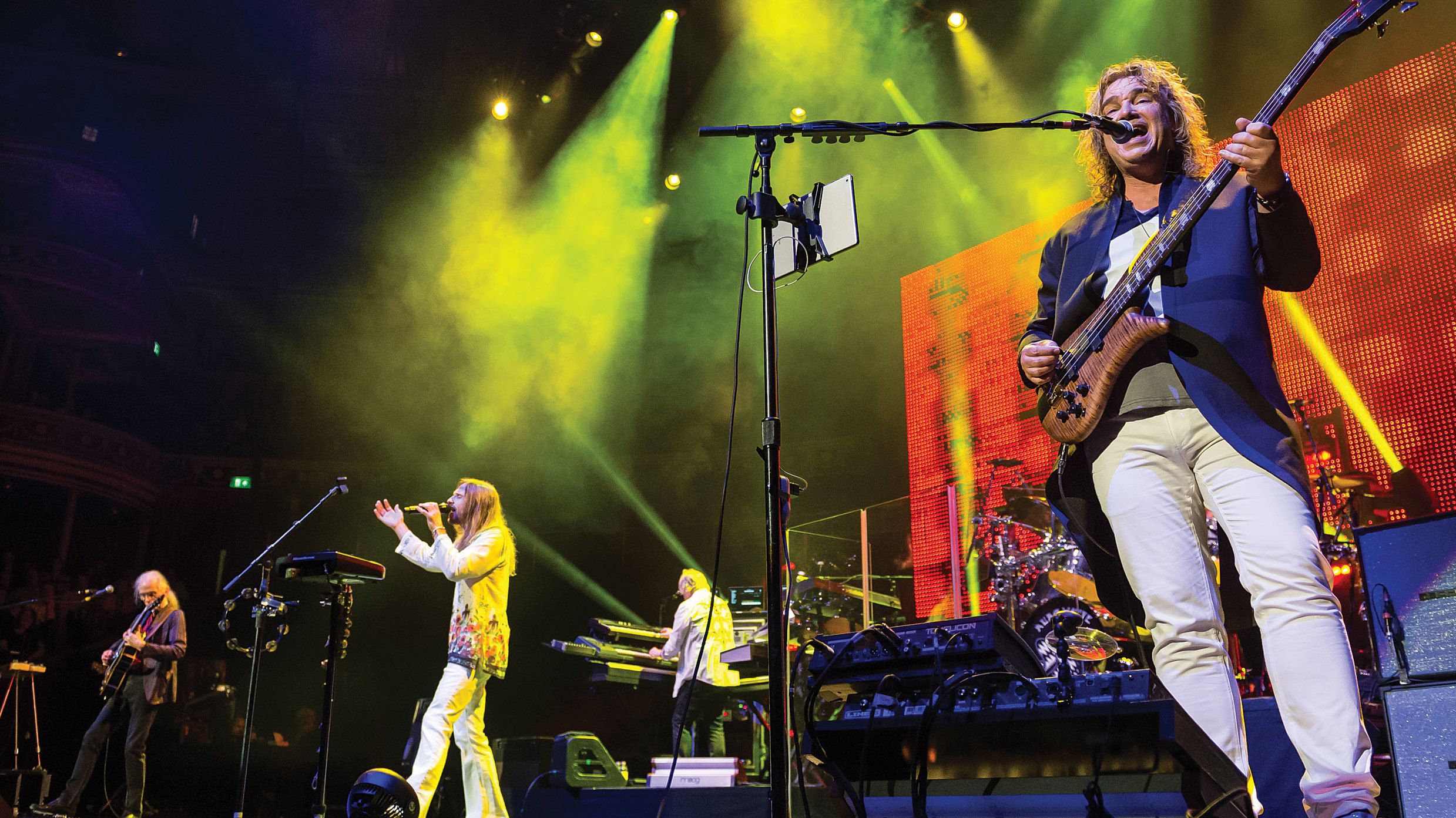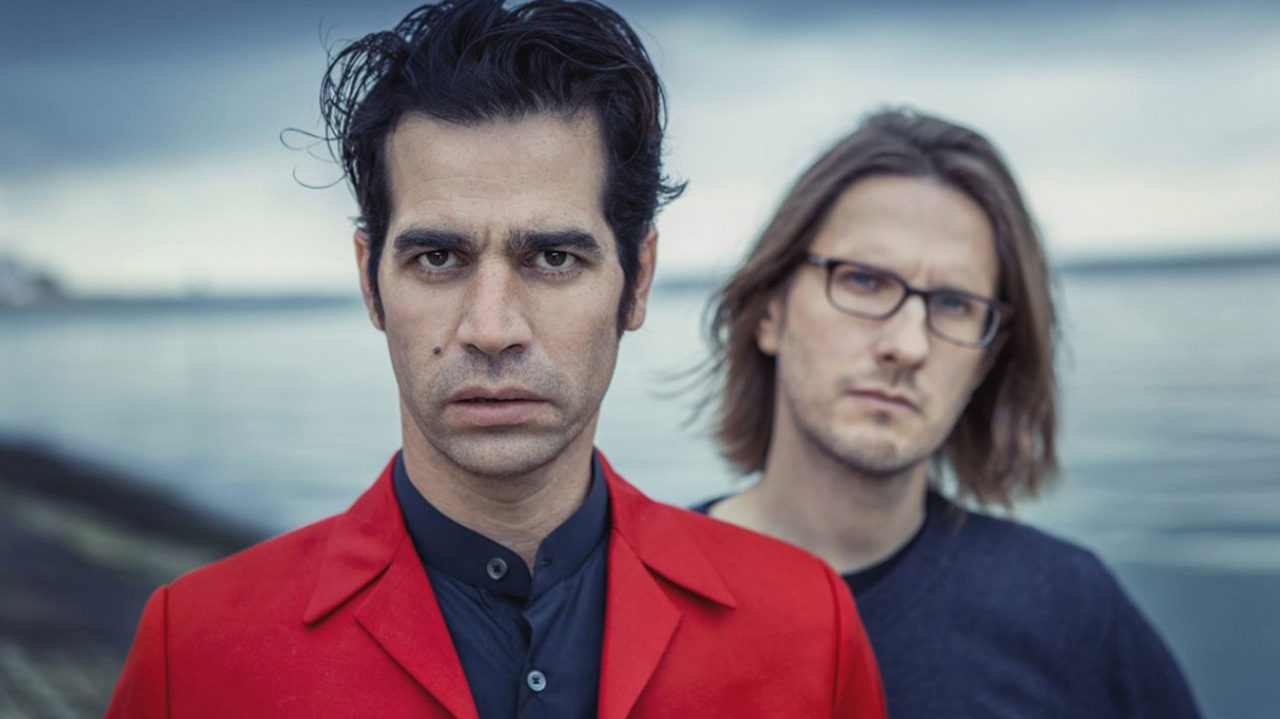You can trust Louder
Fragile and drama are about right. The last time this writer saw Yes in concert, it was in Prague in 2014 and Chris Squire was in fine, hair-flowing, flamboyant form. Less than two years later, he is gone, and instead of the bass behemoth onstage there is a spotlit space which he would have once occupied, his trademark white Rickenbacker positioned on a stand as Onward, the ballad from Tormato, plays over the PA and images of Squire, against a backdrop of celestial colours and constellations, are projected onto a large screen.
Anyone who has followed this mighty recording and performing unit these past four or five decades will have witnessed the fragility of existence and the drama of uncertainty being played out, but never so poignantly as here, within the awesome majesty of this cathedral-like venue.
But the band play on – you could convincingly argue that they are as much ciphers for the music as flesh and blood
humans anyway – with a show of two albums: their divine 1971 opus Fragile, preceded by possibly their most divisive: 1980’s Drama. Alan White, in a smart titfer, looks like an extra from The Sweeney. Geoff Downes makes a concession to flash with his fancy spangly white shirt. Jon Davison is dressed as an astral pixie, and Steve Howe gives new meaning to the phrase ‘old head on young body’ with his silver mane and wizened features atop a skinny frame and pipe-cleaner legs. Billy Sherwood assumes the Squire role with aplomb, not forcing the issue, but enjoying the fact that the two albums being showcased tonight provide ample opportunities for impressive bass creativity.
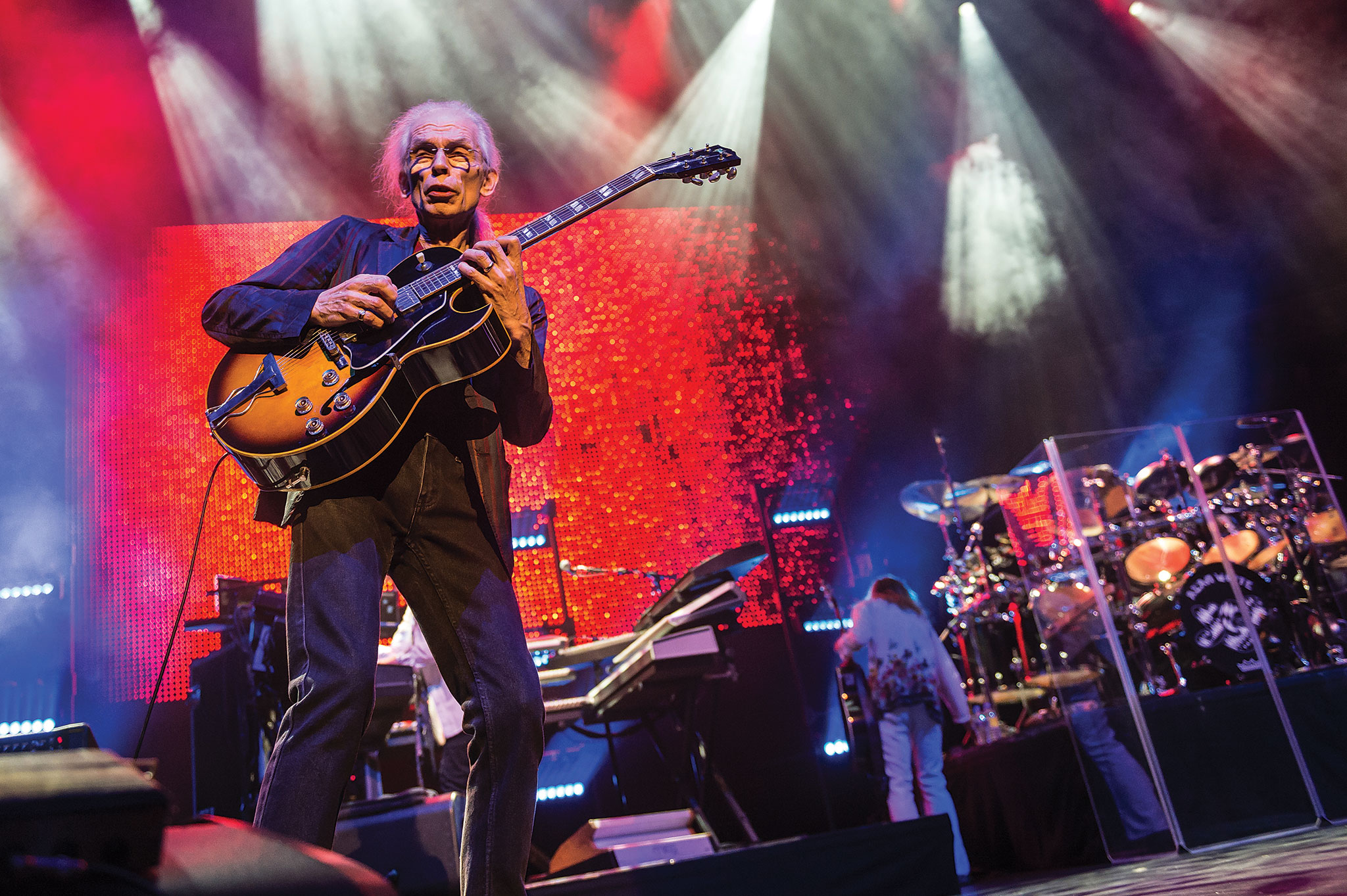
Machine Messiah verges on metal, with plenty of low-end thump and keyboard treble. Drama was where old style Yes collided with the technology that would define the 80s. From the epic to the succinct: White Car is 80 seconds of near acappella whimsy ahead of Does It Really Happen?, with its Two Tribes bassline and symphonic keyboards, offering a neat – noisy – précis of 80s bombast and excess.
To confirm the closeness of that decade’s pop and prog, next up is Buggles/Yes’ I Am A Camera/Into The Lens. After Run Through The Light, right on cue, Downes recalls the moment “two guys shocked the prog rock world” – i.e. when the Video Killed The Radio Star hitmakers joined forces with the prog overlords – and announces a Trevor Horn cameo for Tempus Fugit. In his shades and leather jacket, he looks every inch the superstar producer. The track is a feast of tempo switches and fab bass runs; it’s more like math rock 25 years ahead of schedule. Horn conducts the band during the instrumental passages, while Davison hangs out by the drum riser like a gooseberry during a double-date.
After Drama, Time And A Word becomes an elegy for Pete Banks, who passed away in 2013, then Howe asks: “Are you ready for this?” But Yes fans are always ready for Siberian Khatru, especially one this funkily intricate – it’s surely time for Kanye West to sample the guitar figure, which, it occurs, invents a new paradigm: country’n’krautrock. Soon from Relayer is four minutes of shimmering loveliness, after which Howe tells the audience that a Steven Wilson-enhanced Tales From Topographic Oceans is due later this year, as will be a tour of said album.
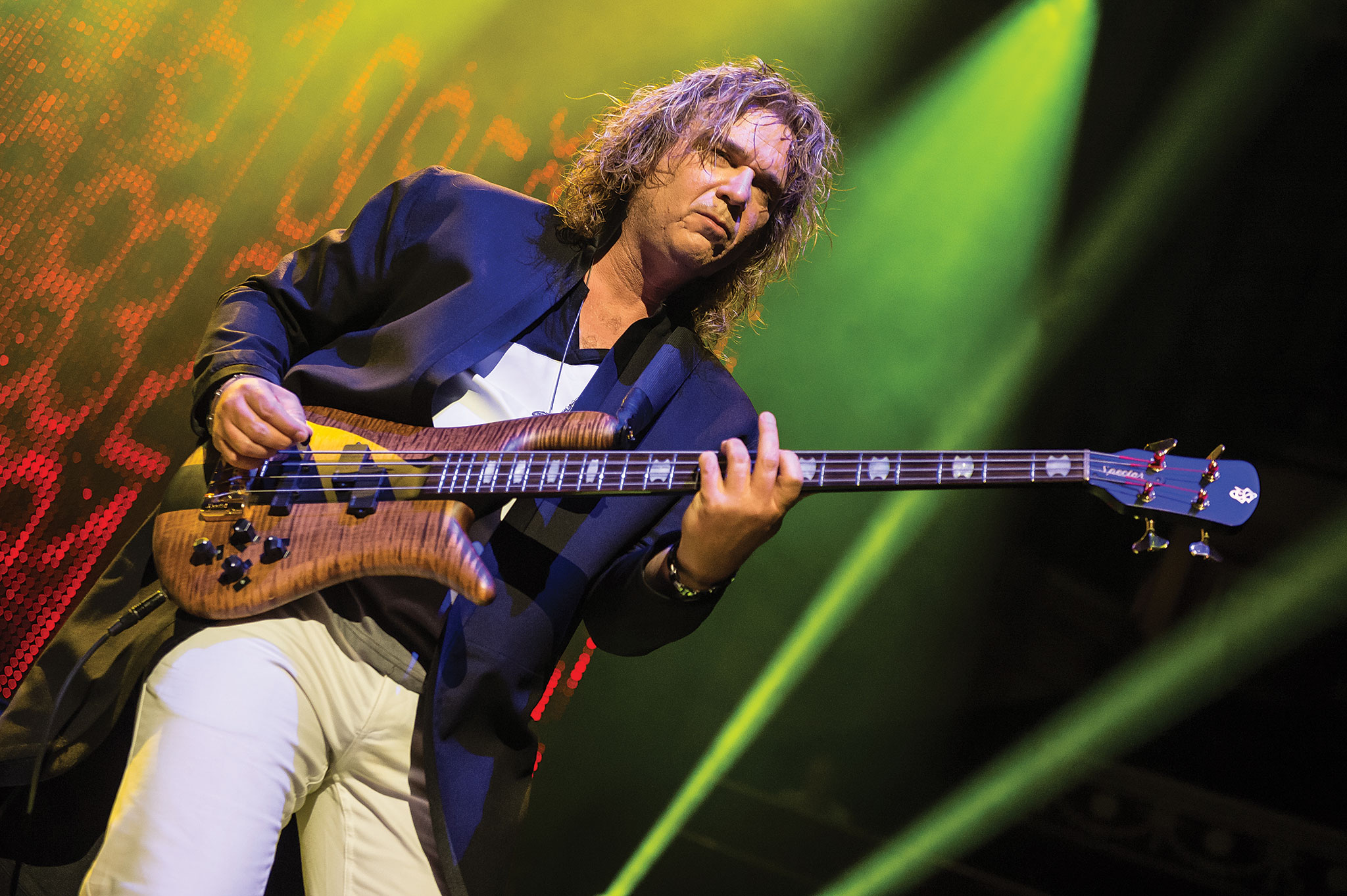
On with the show: Owner Of A Lonely Heart is glossily crunchy Fairlight boogie culminating with a Howe solo. And then, without any trace of a pause or intermission, it’s straight into Fragile, and a fantastic Roundabout, which
elicits gasps from the audience as animated Fragile-era imagery appears onscreen. With so much propulsive bass, Sherwood channels Squire skilfully and in doing so helps make this as much a tribute to Yes’ founder as it is a celebration of works bookending their most inspired decade.
Sign up below to get the latest from Prog, plus exclusive special offers, direct to your inbox!
Cans And Brahms and We Have Heaven are effectively dispatched, before South Side Of The Sky, which is all heavenly harmonies and space-rock surges. The tricksiness of Five Per Cent For Nothing and The Fish (Schindleria Praematurus) don’t phase these dexterous veterans, and Long Distance Runaround and Mood For A Day are fresher than music 45 years old has any right to be.
The gleaming magnificence of Heart Of The Sunrise is clear for all to see; a beacon for young bands to follow, a shining example of what can be achieved with guitar, keyboards, bass and drums. And Davison gives it plenty of choirboy-lost-in-space. They encore with Starship Trooper, more enthralling rock adventurism. Then an overwhelmed Howe asks: “Is there a better venue in the world? Or a better audience?” Maybe not. And you’d have to go some to finda better band, even now.

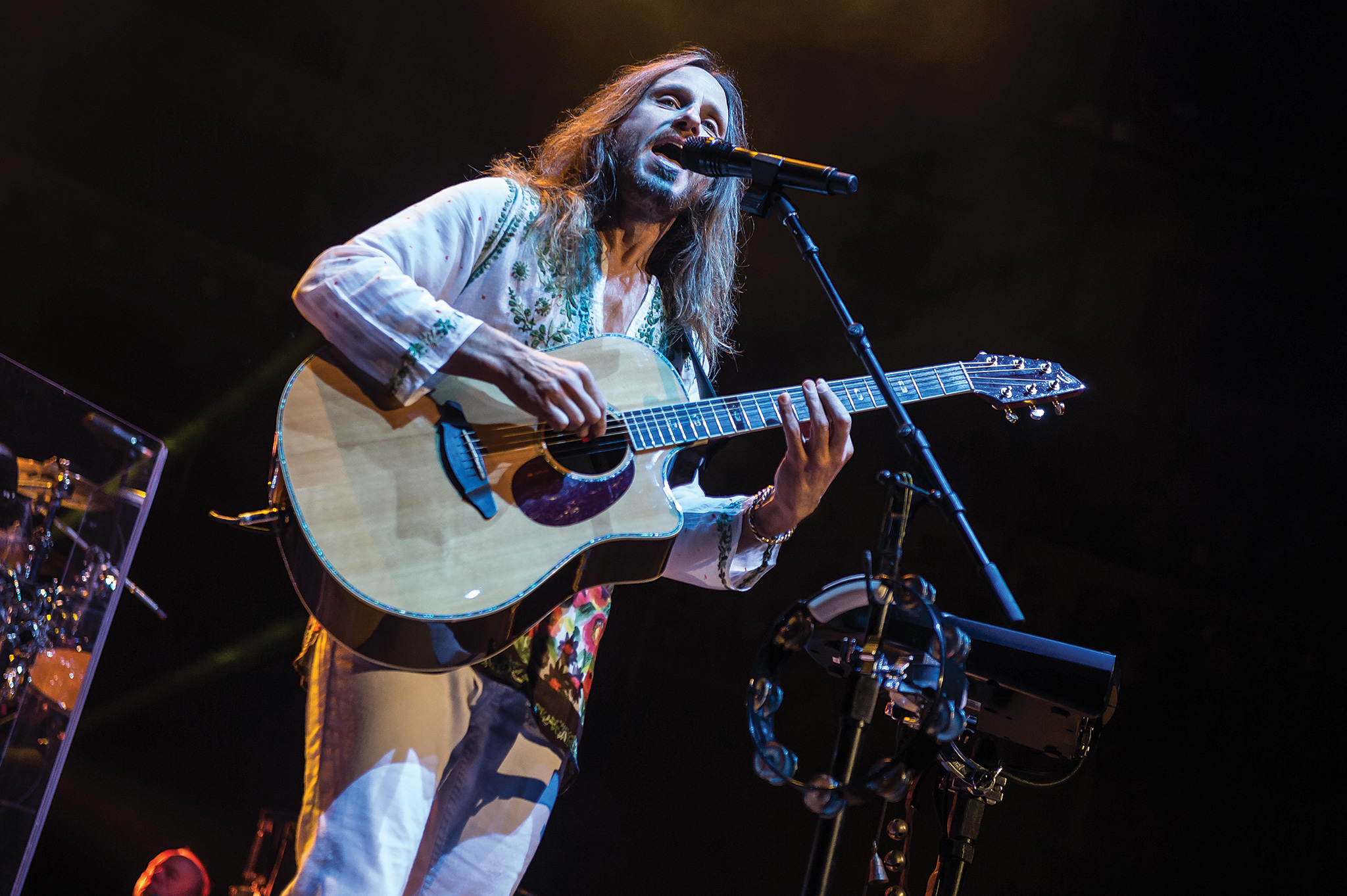
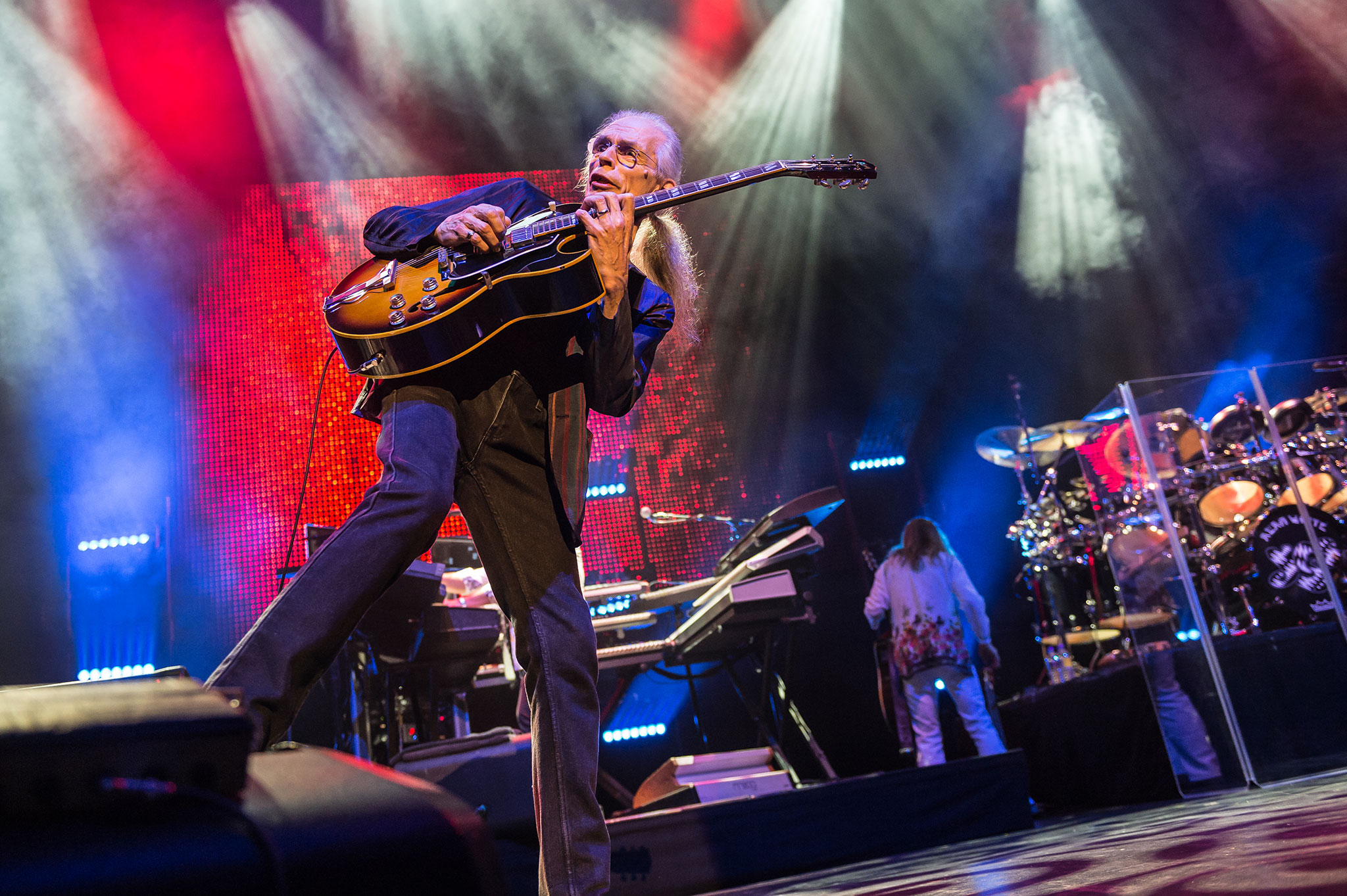
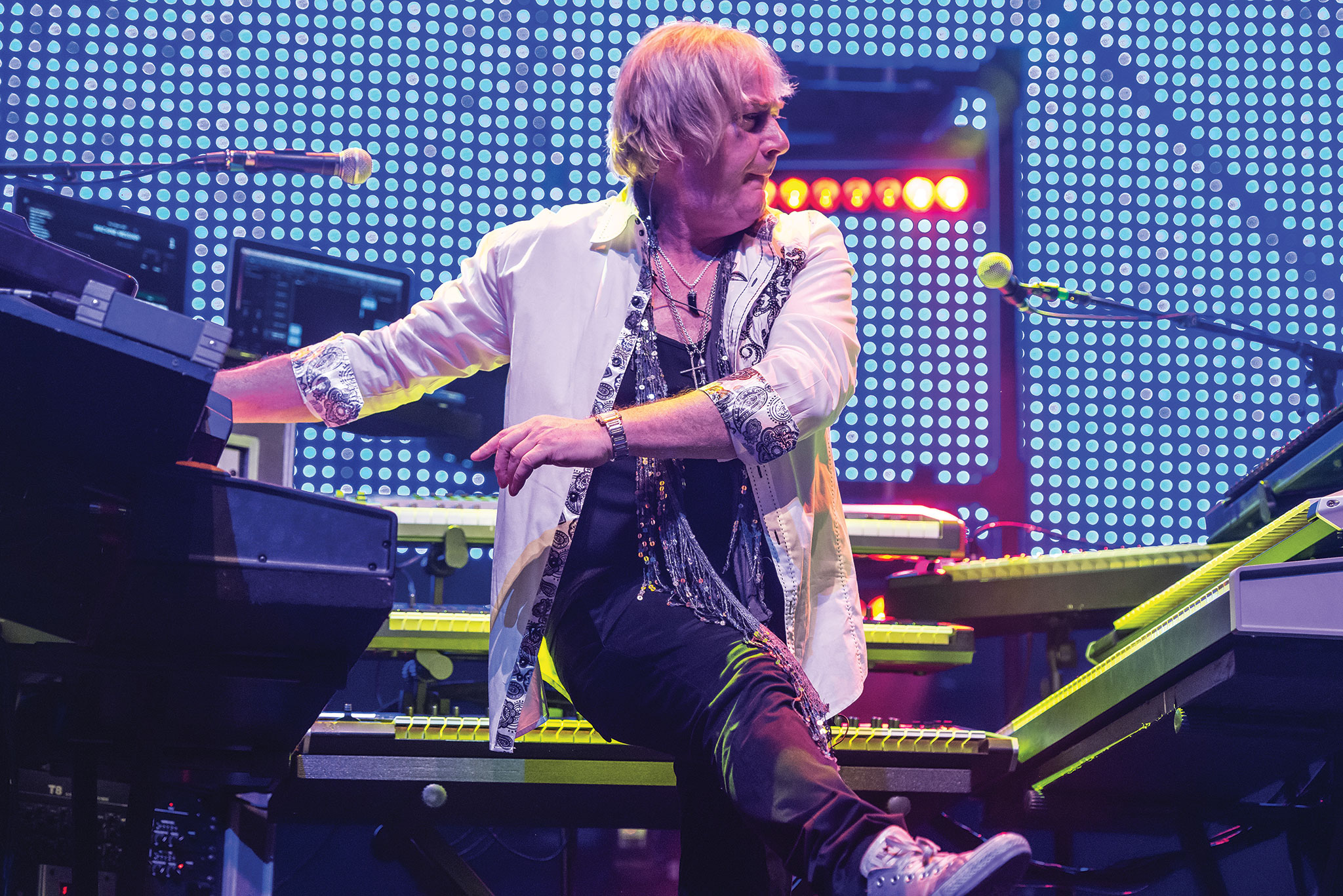

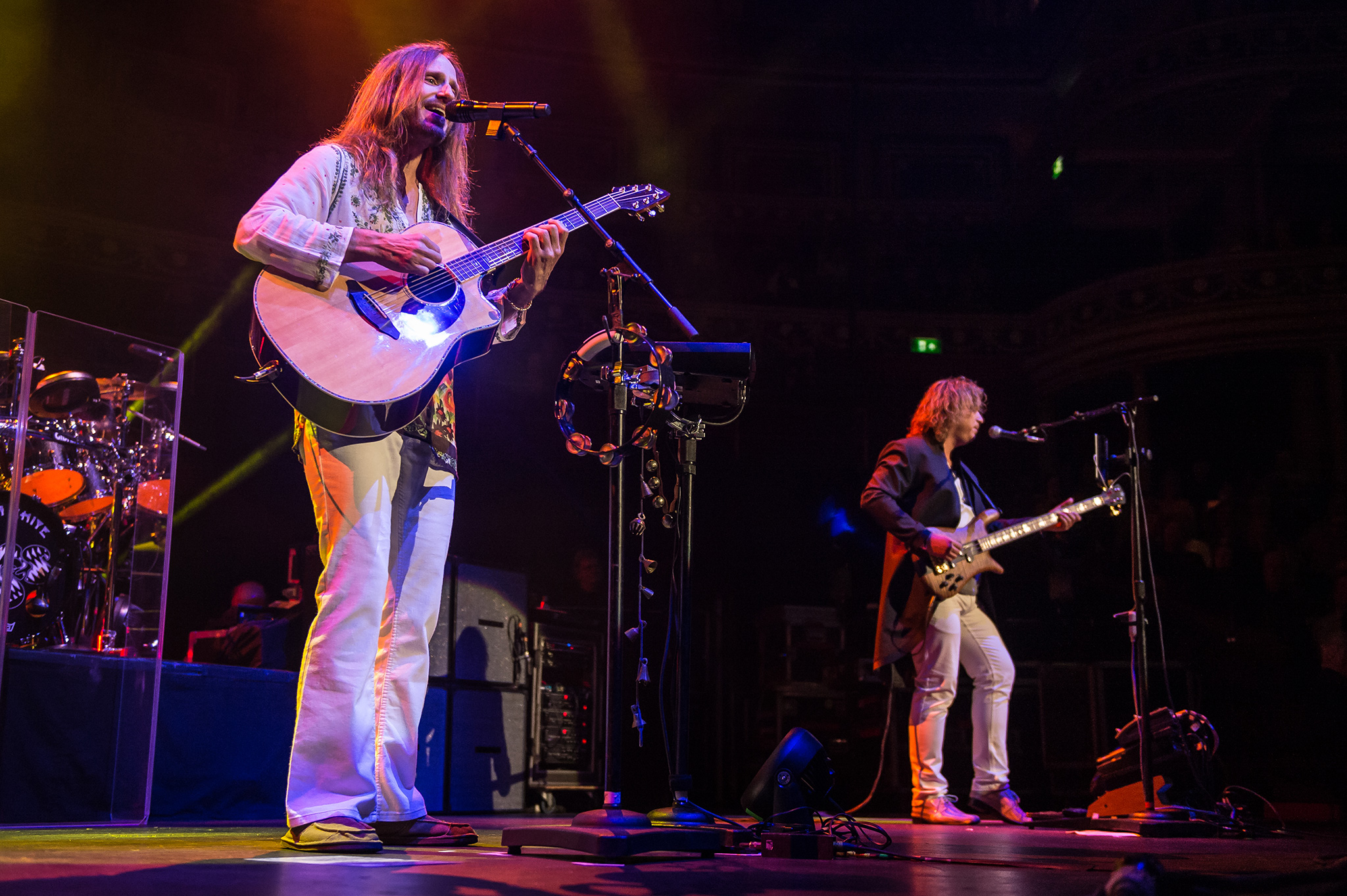
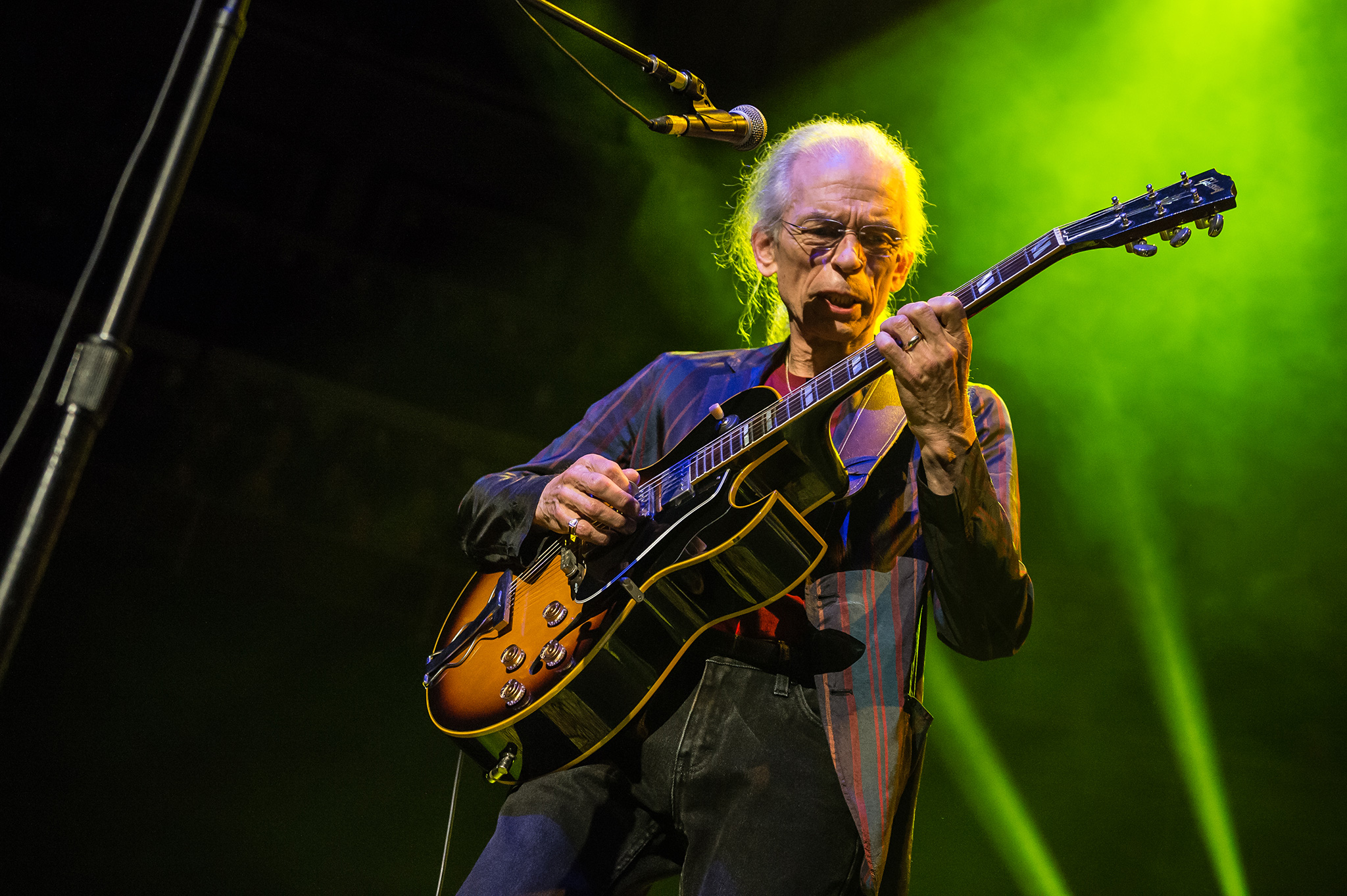
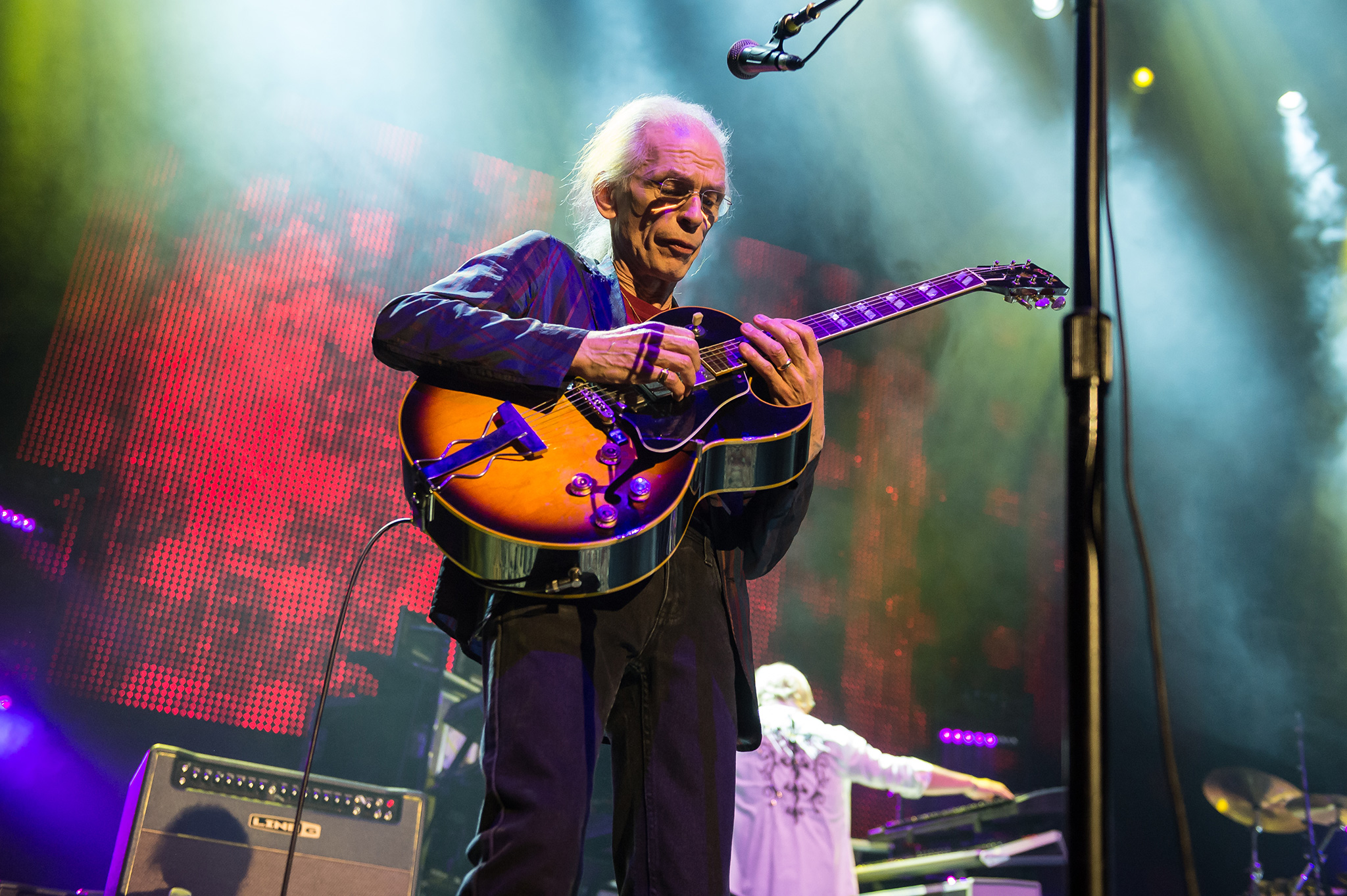
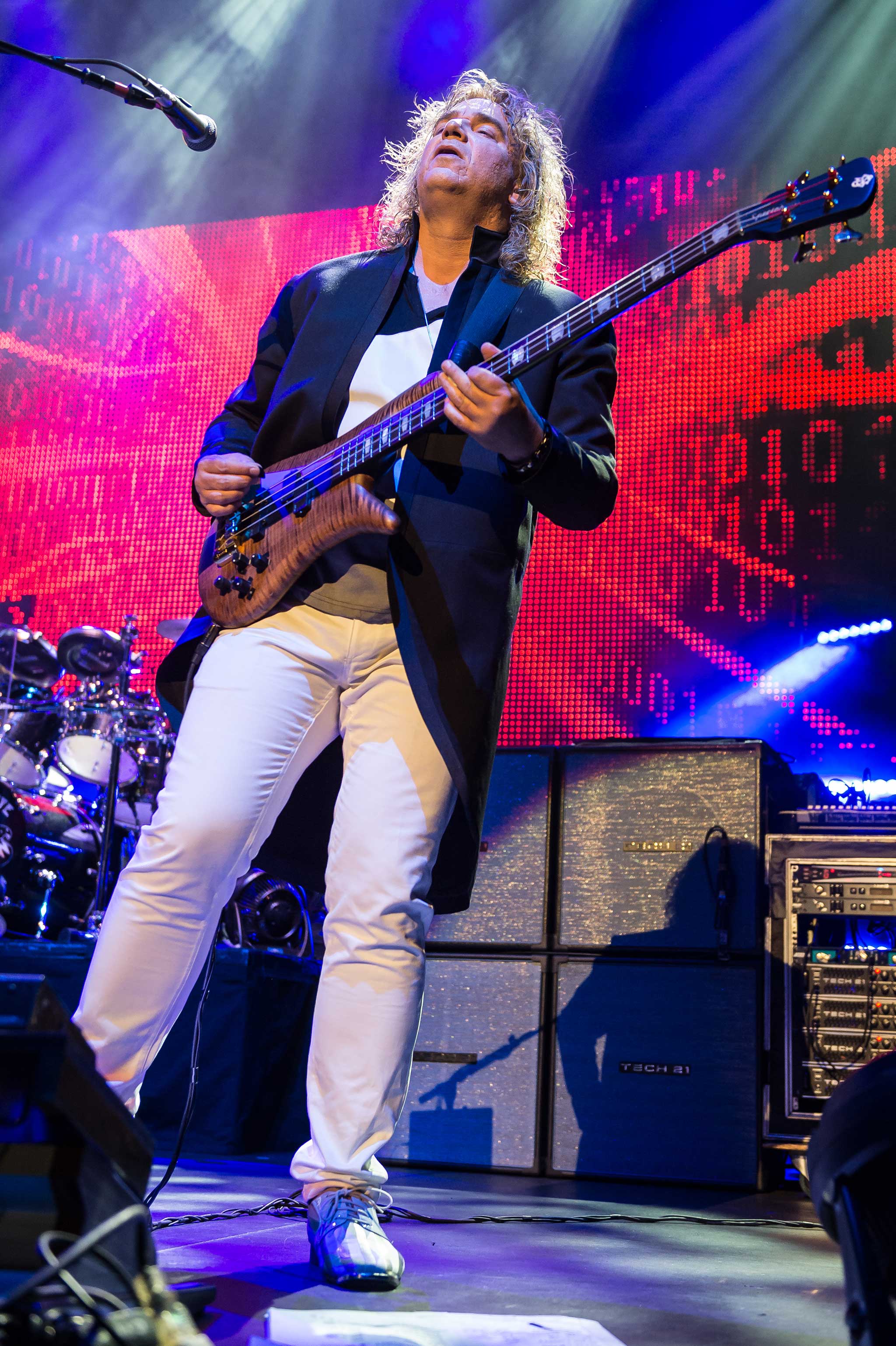
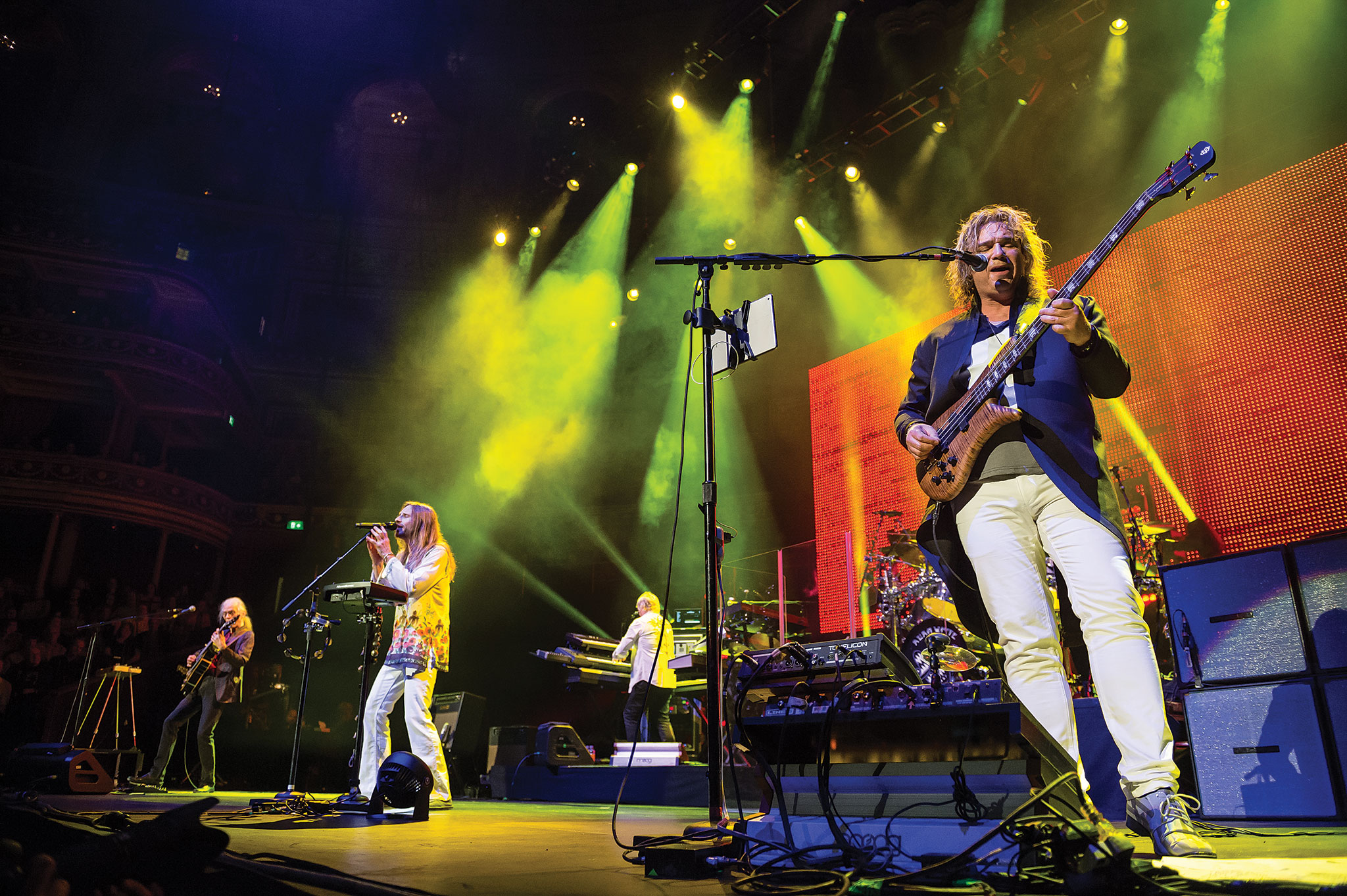
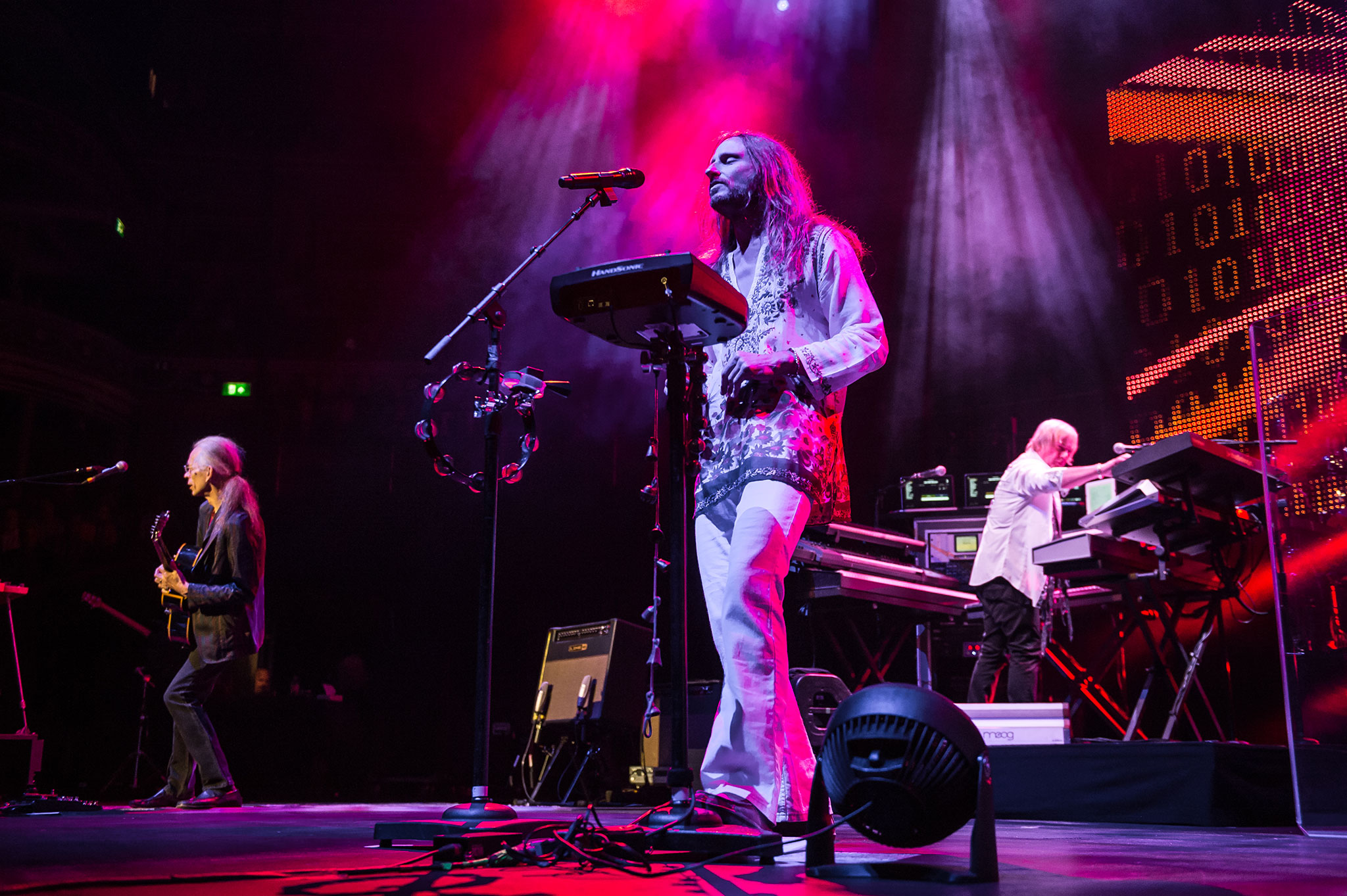
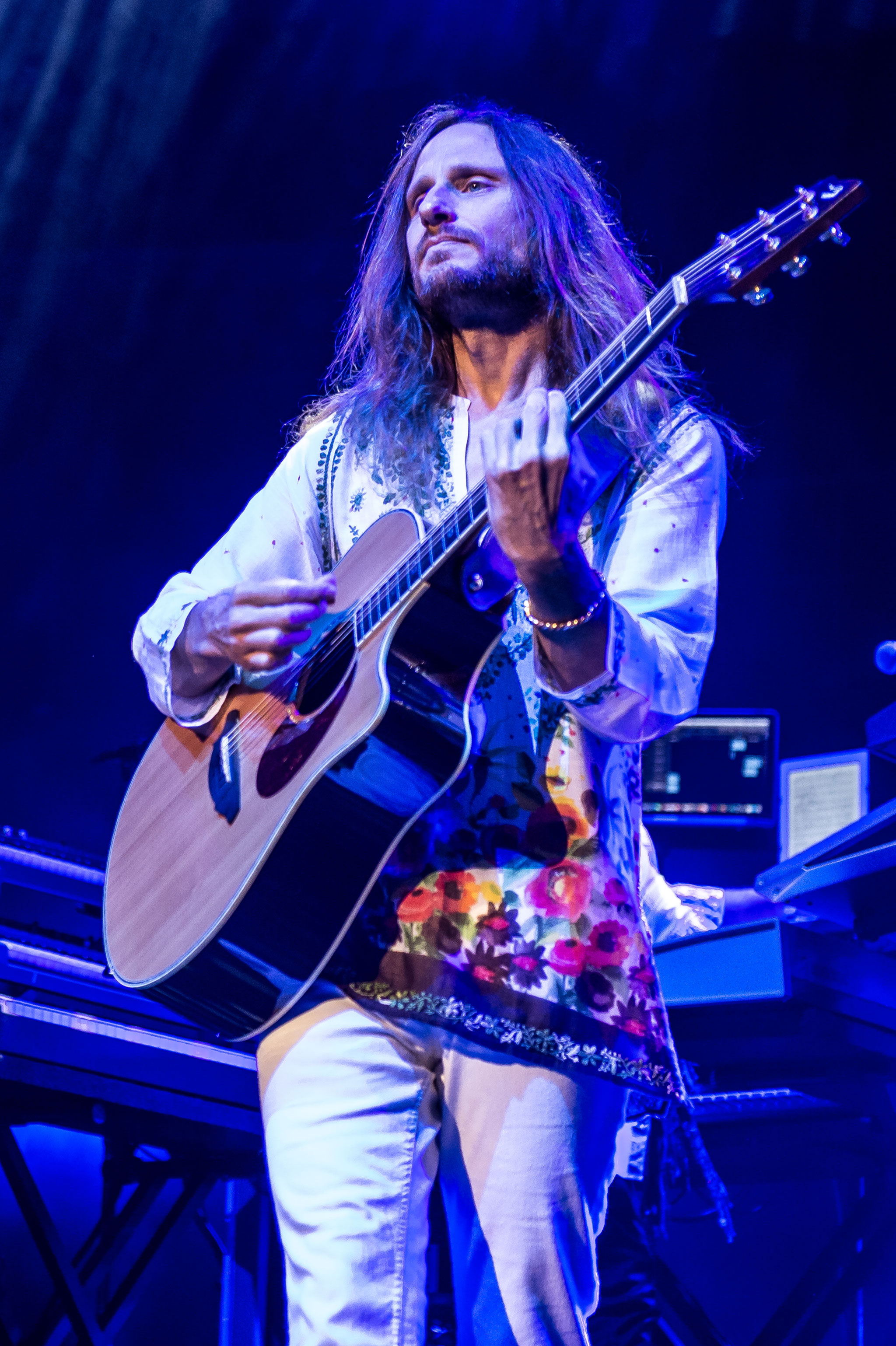
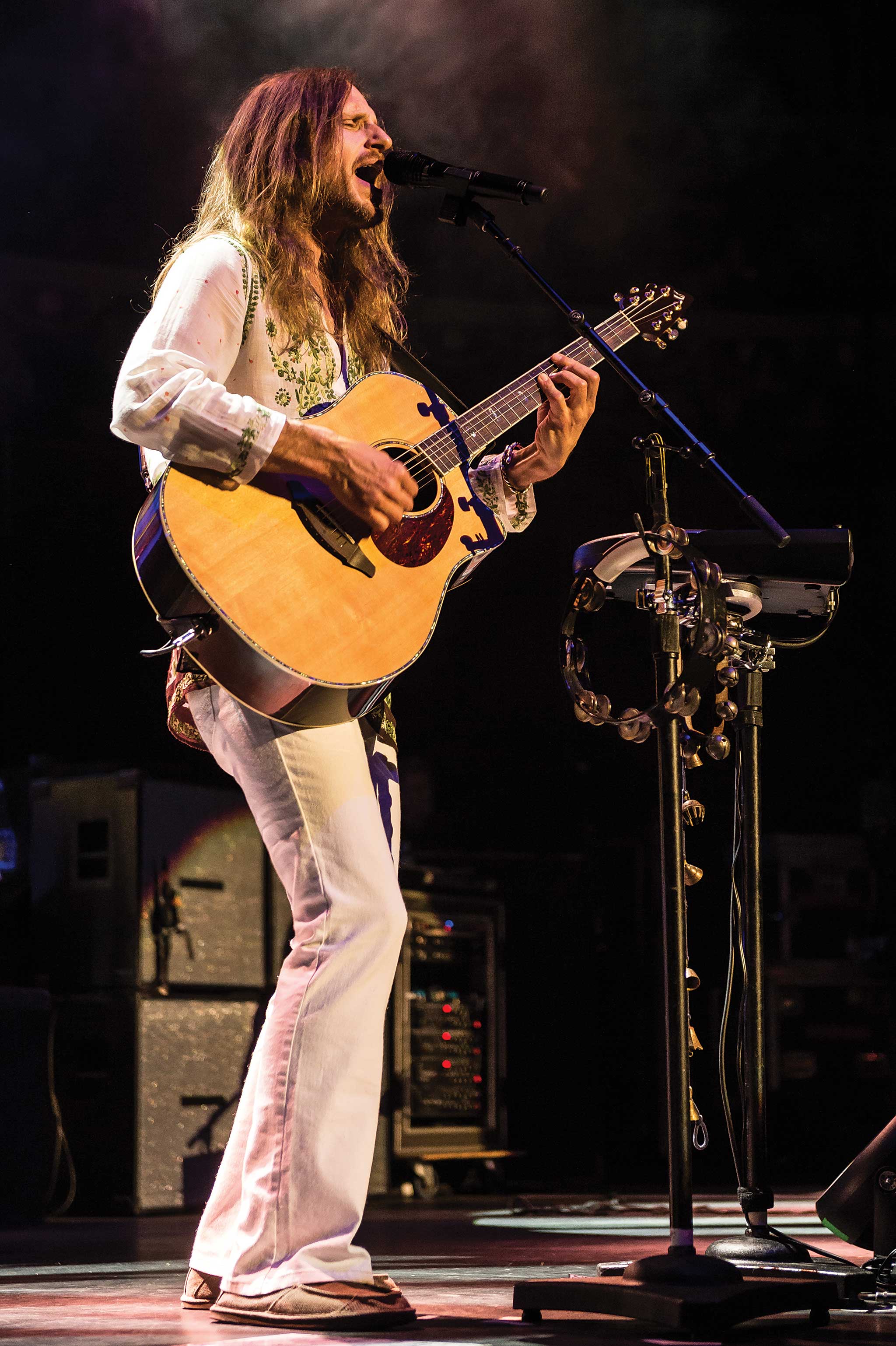
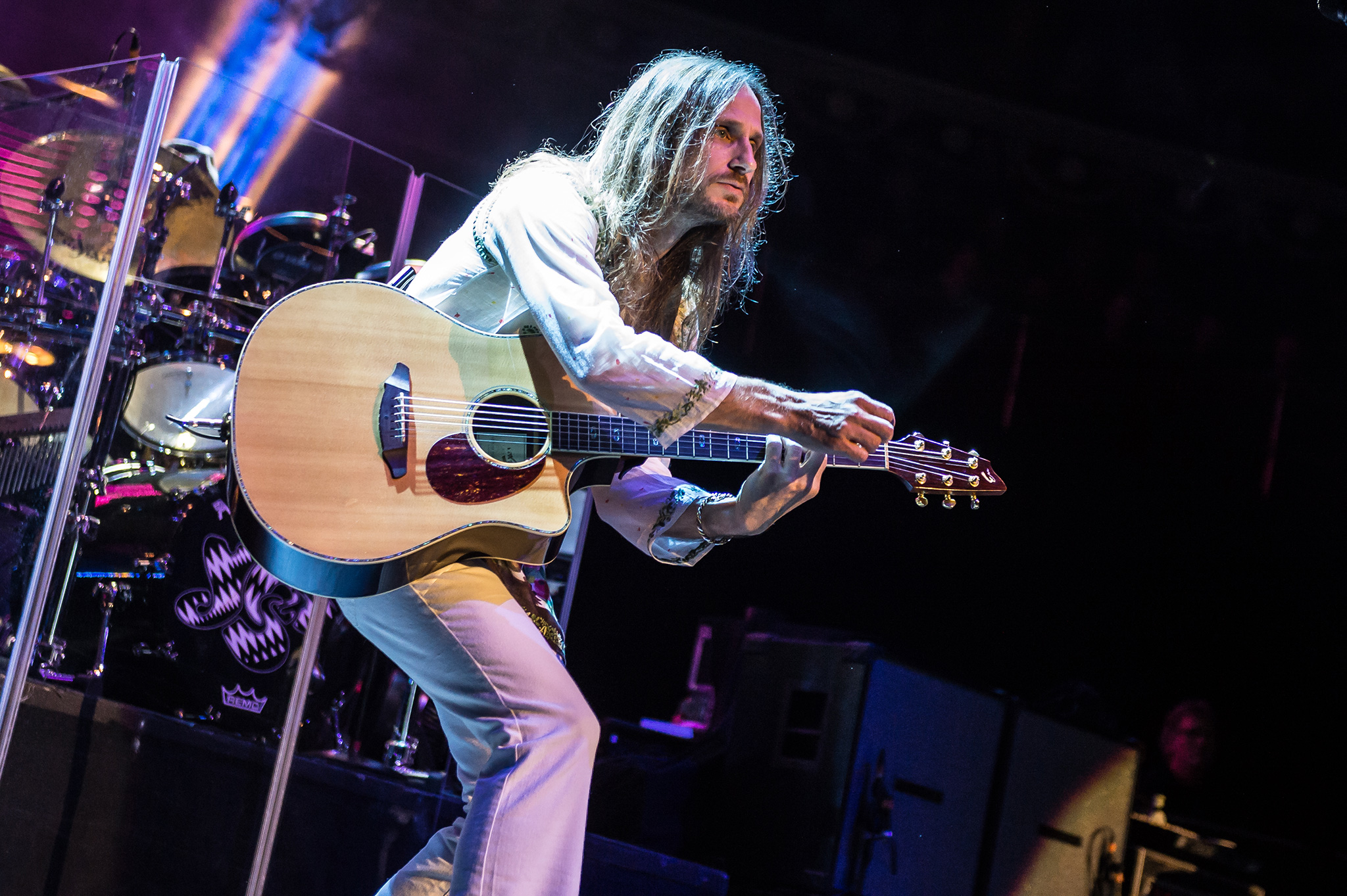
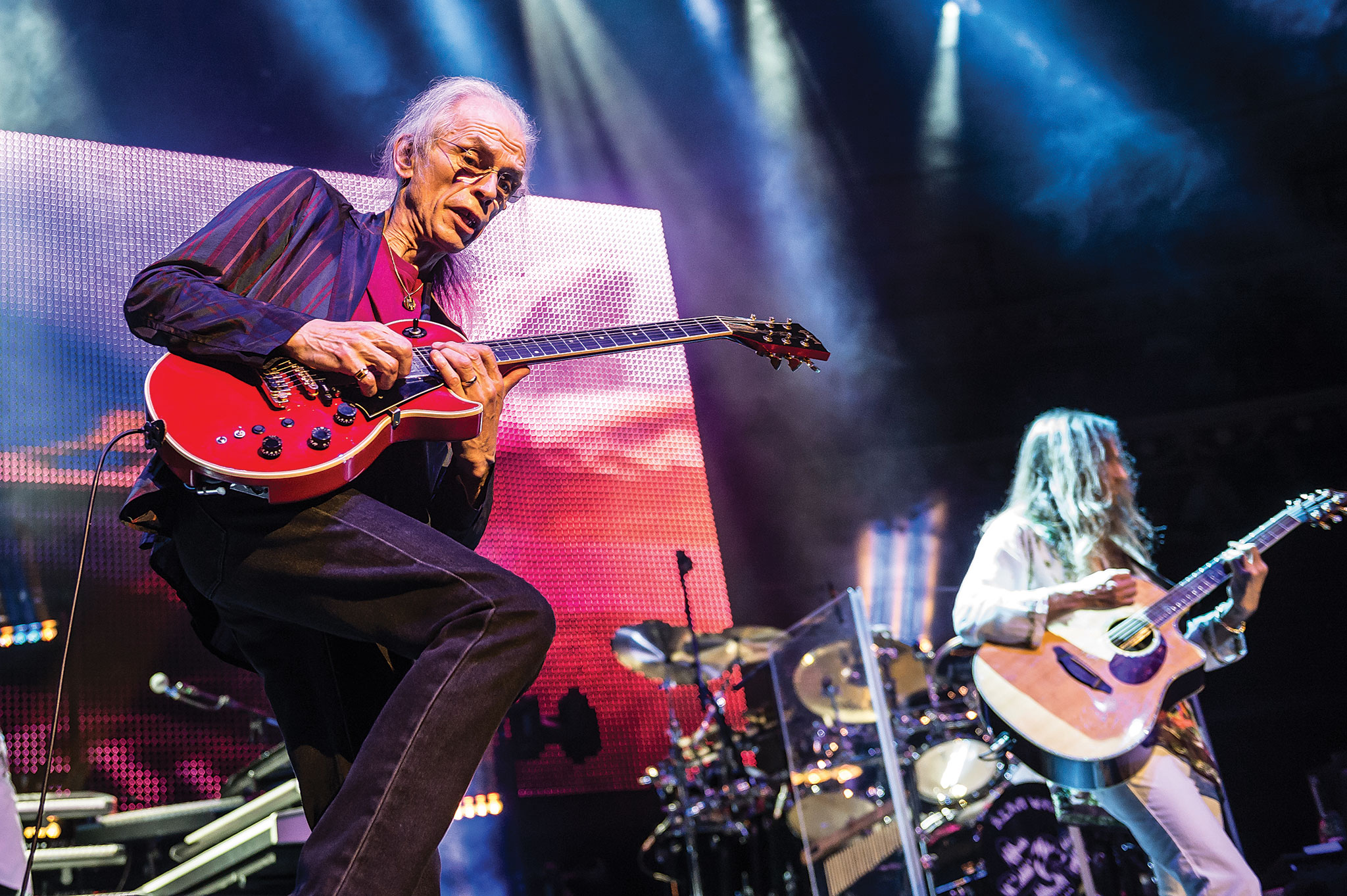
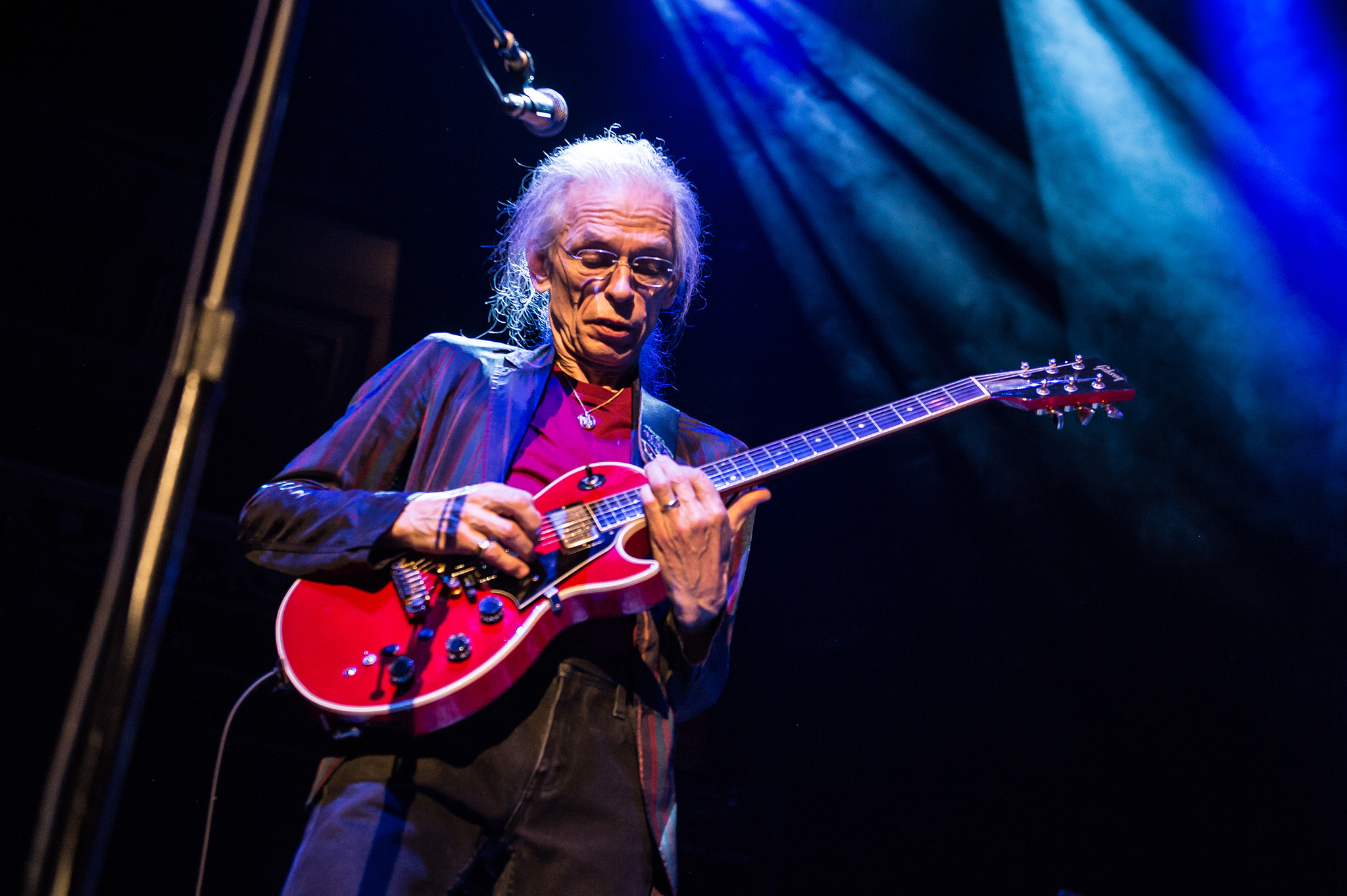
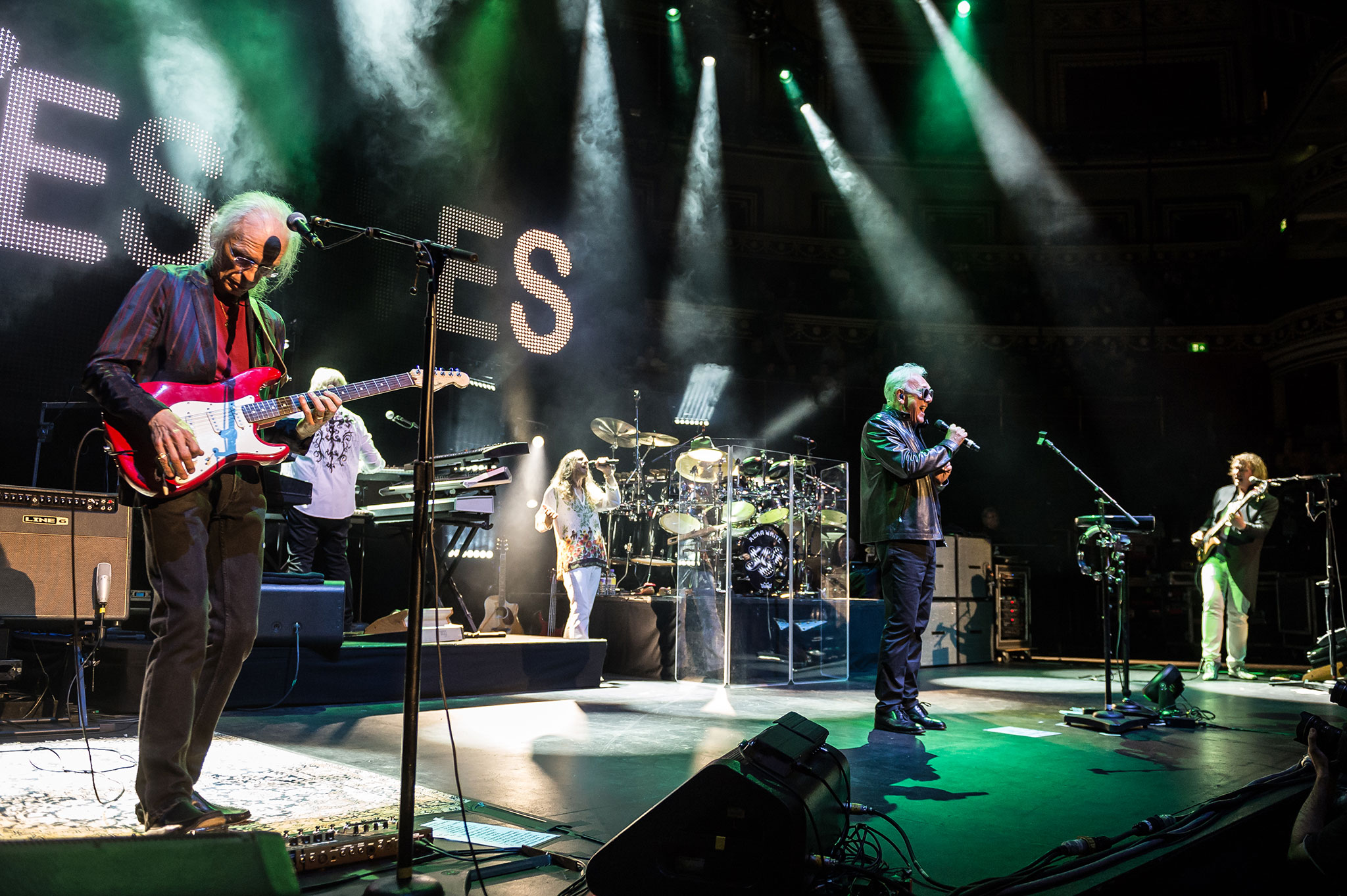
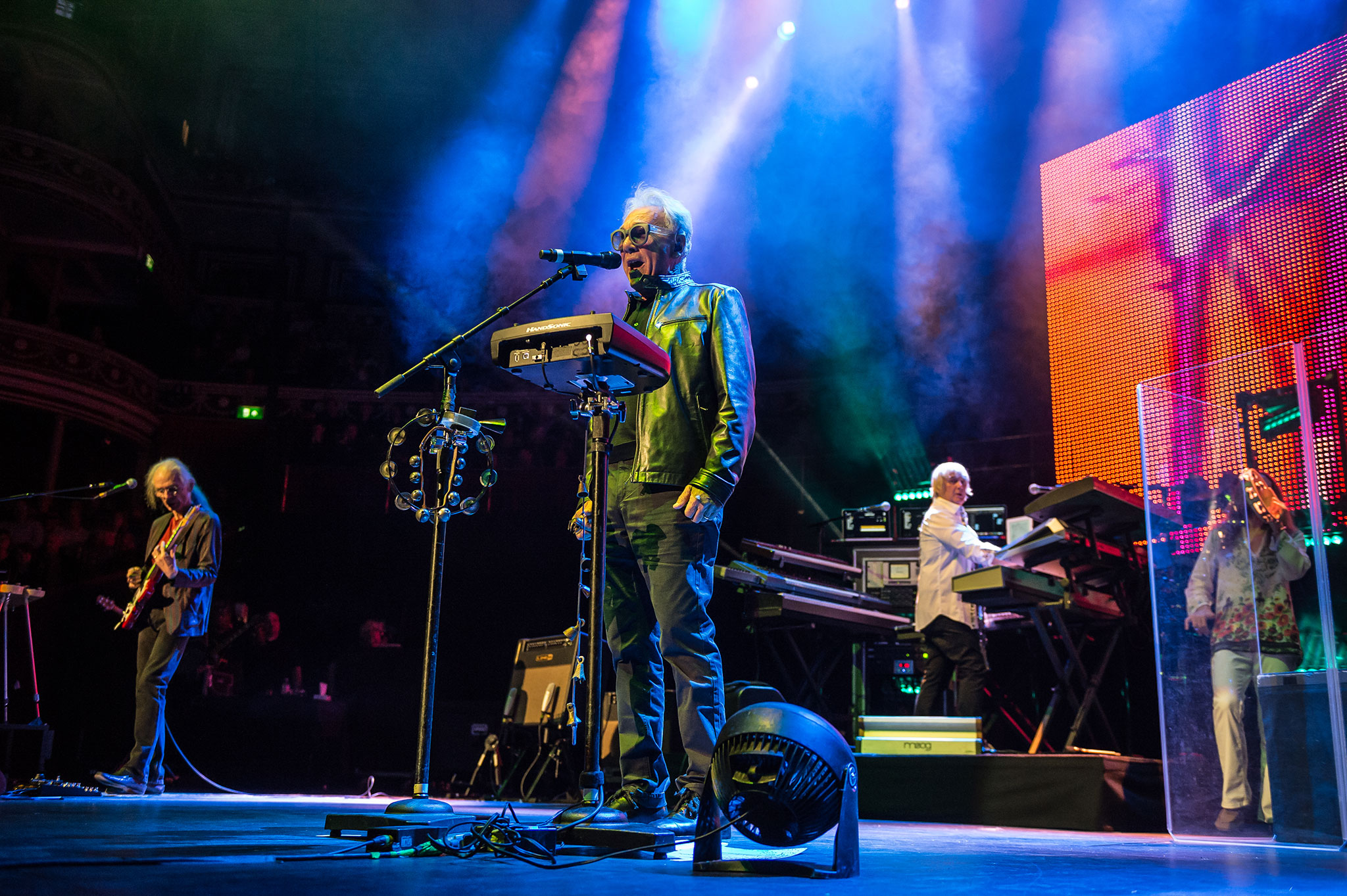
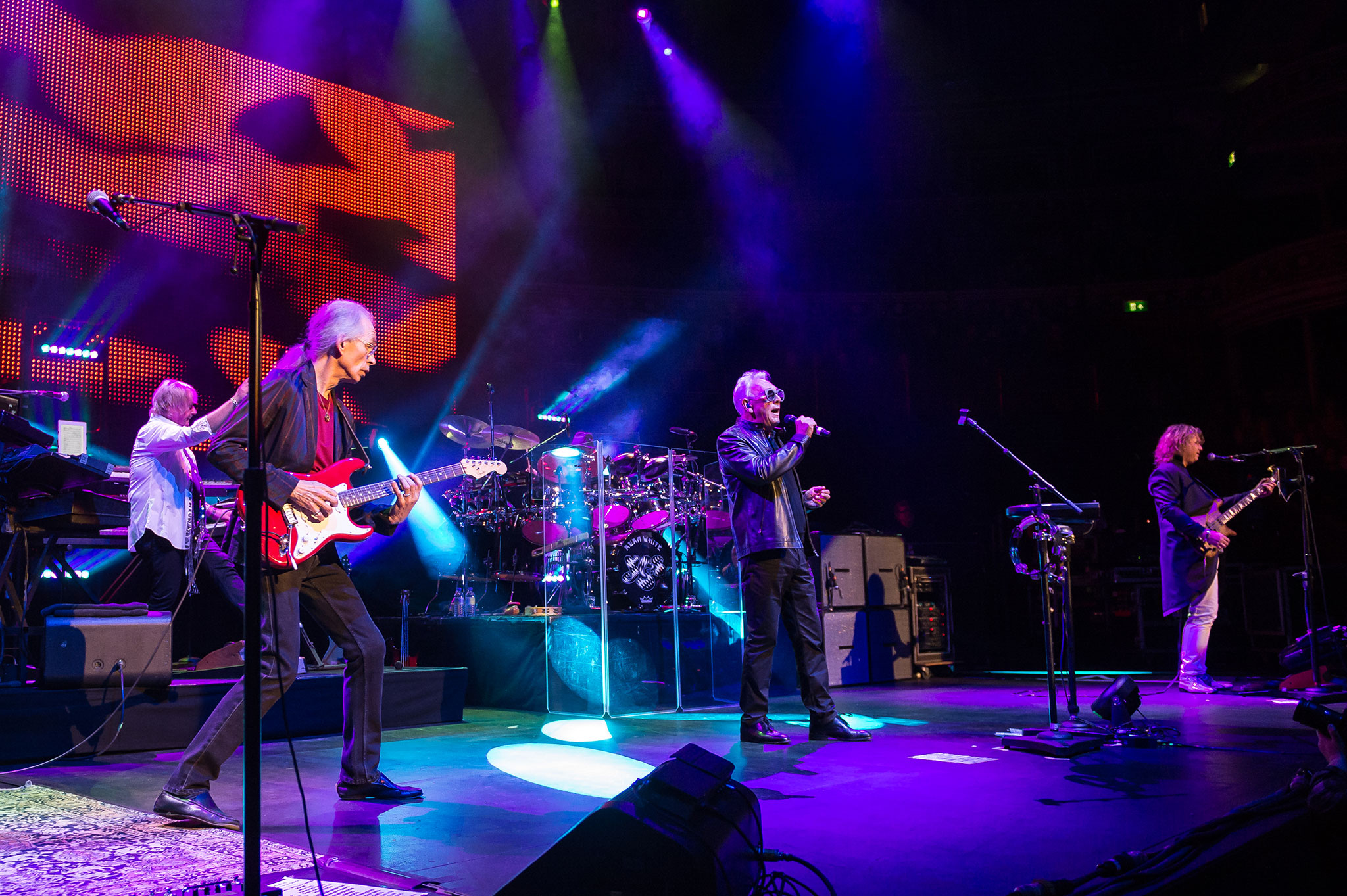
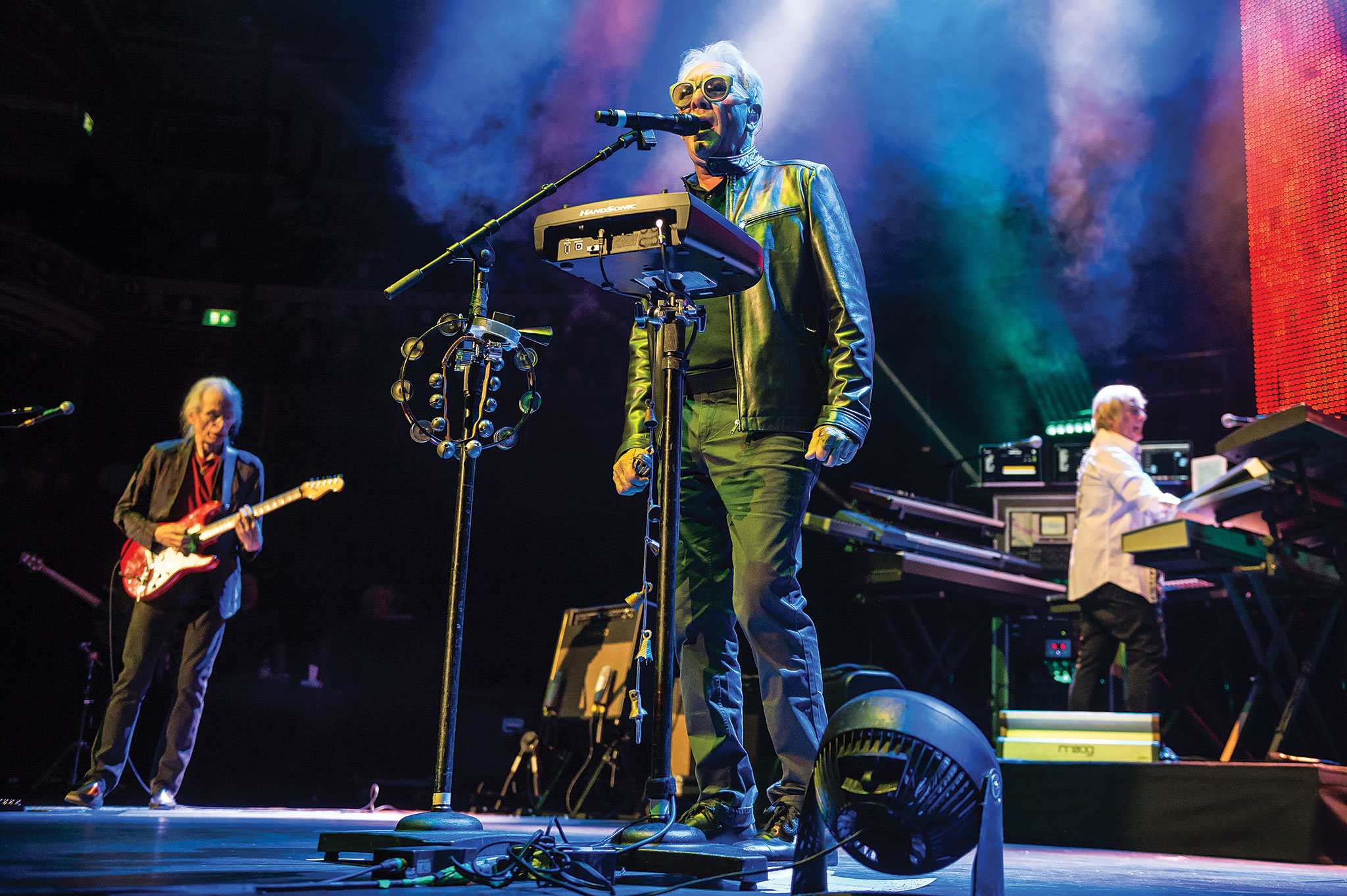
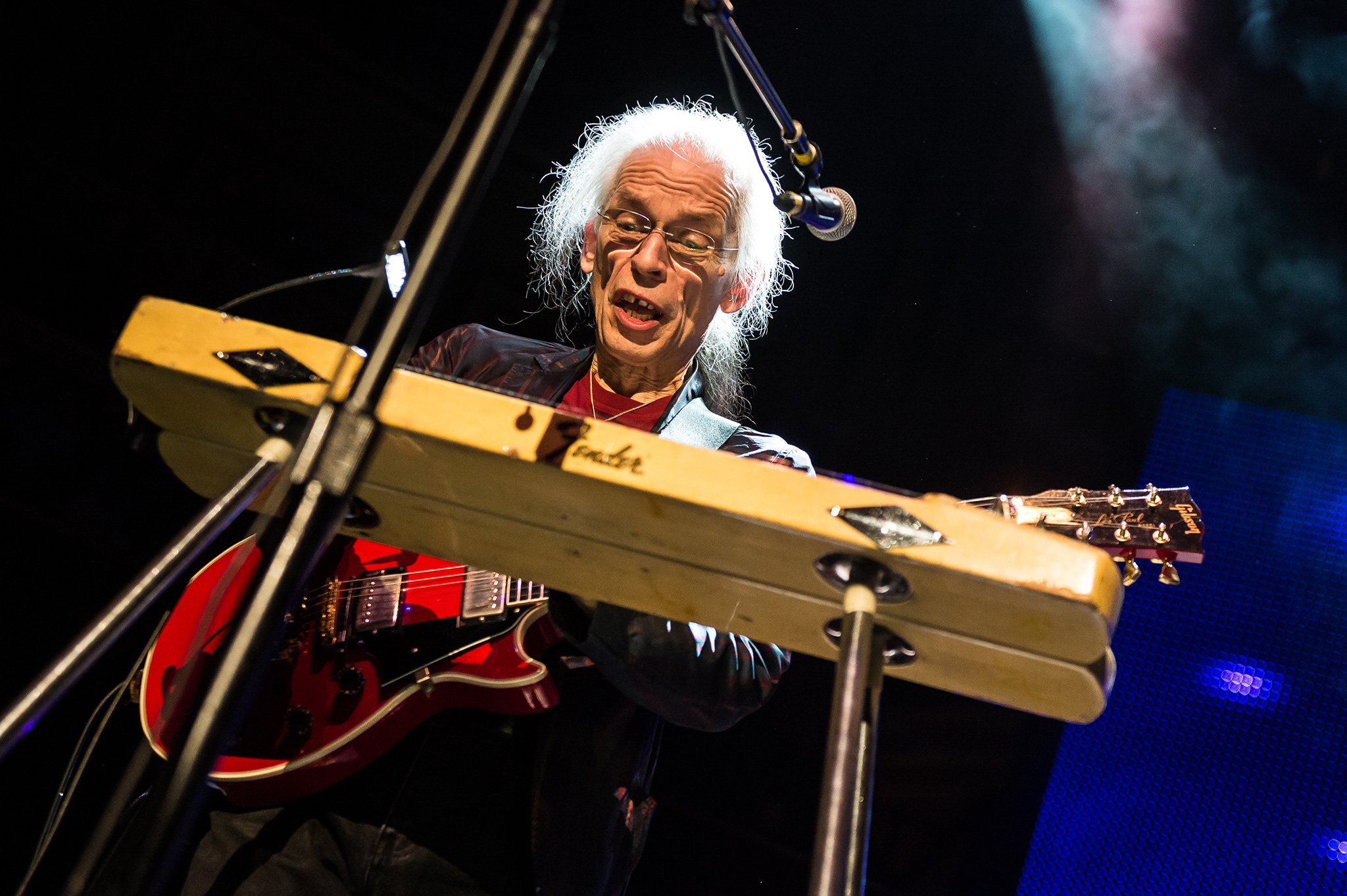
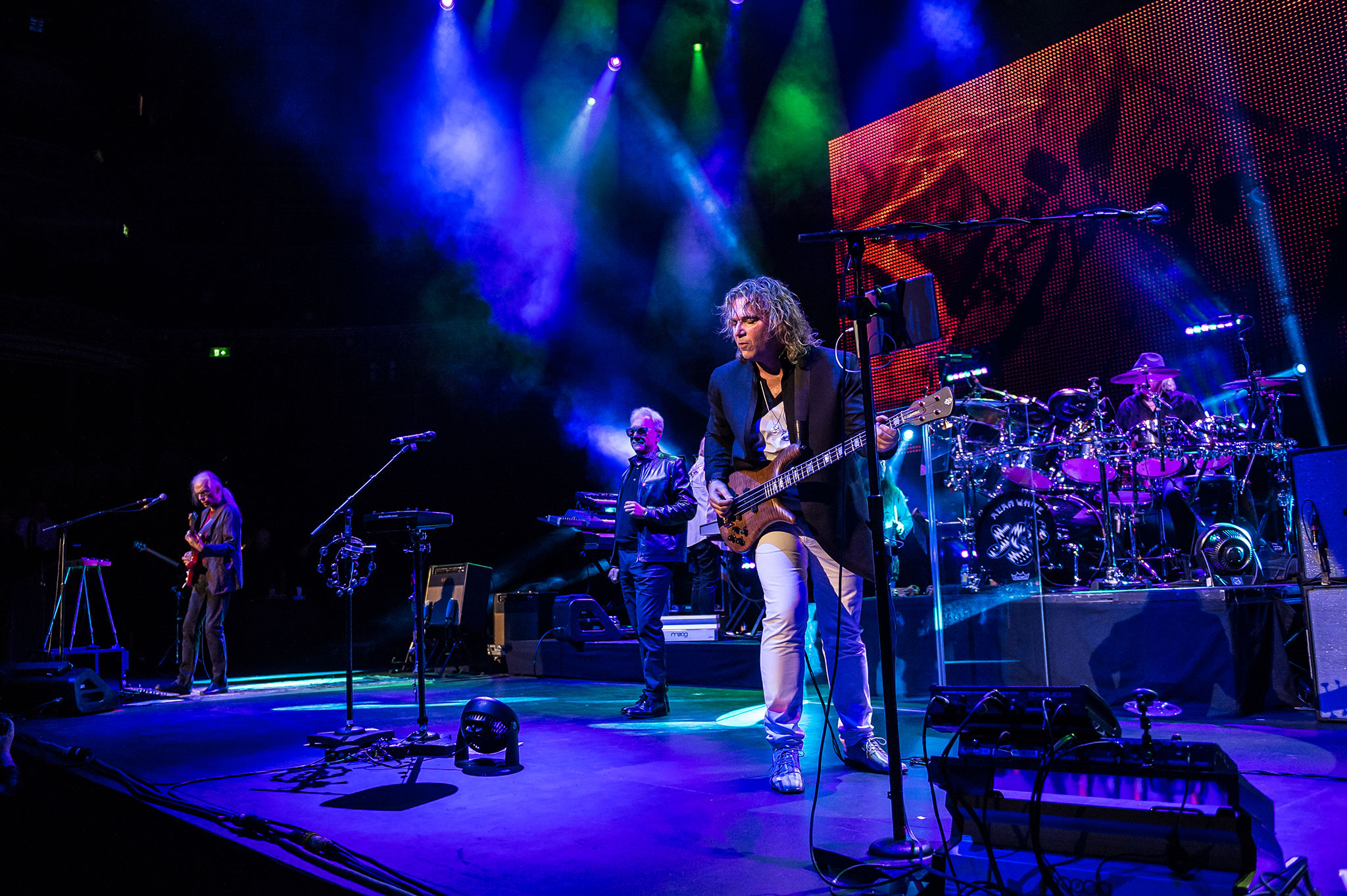
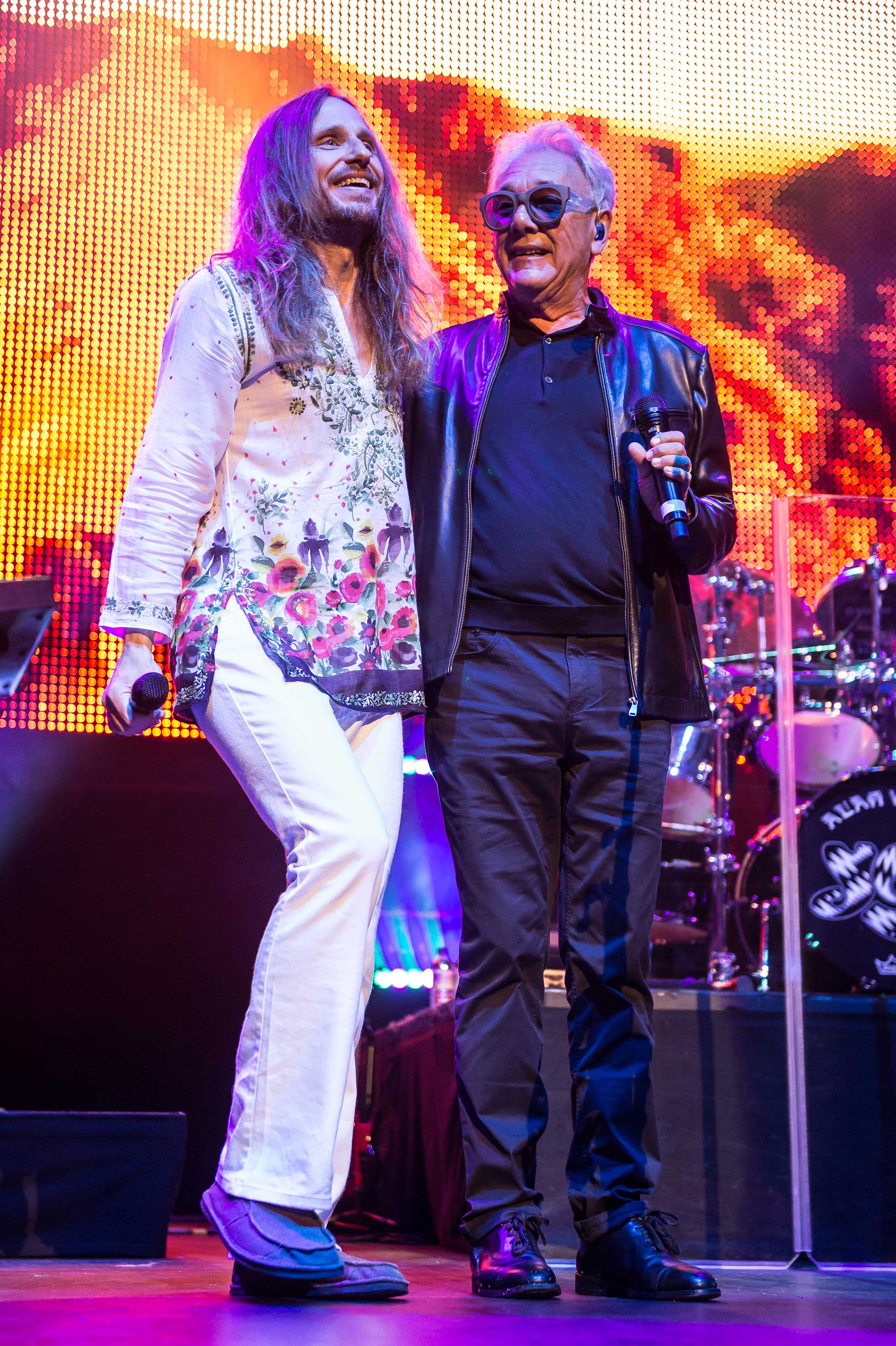
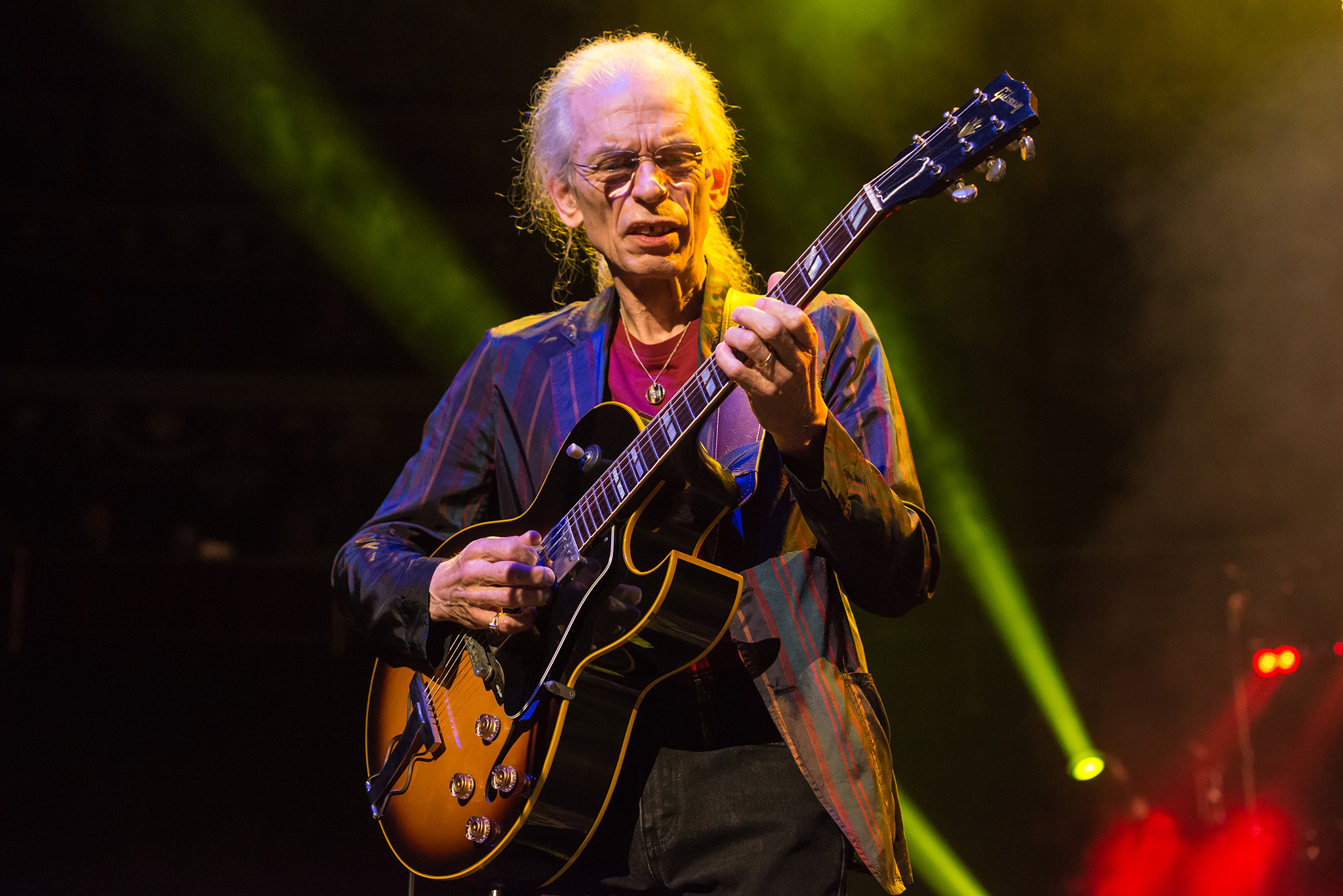
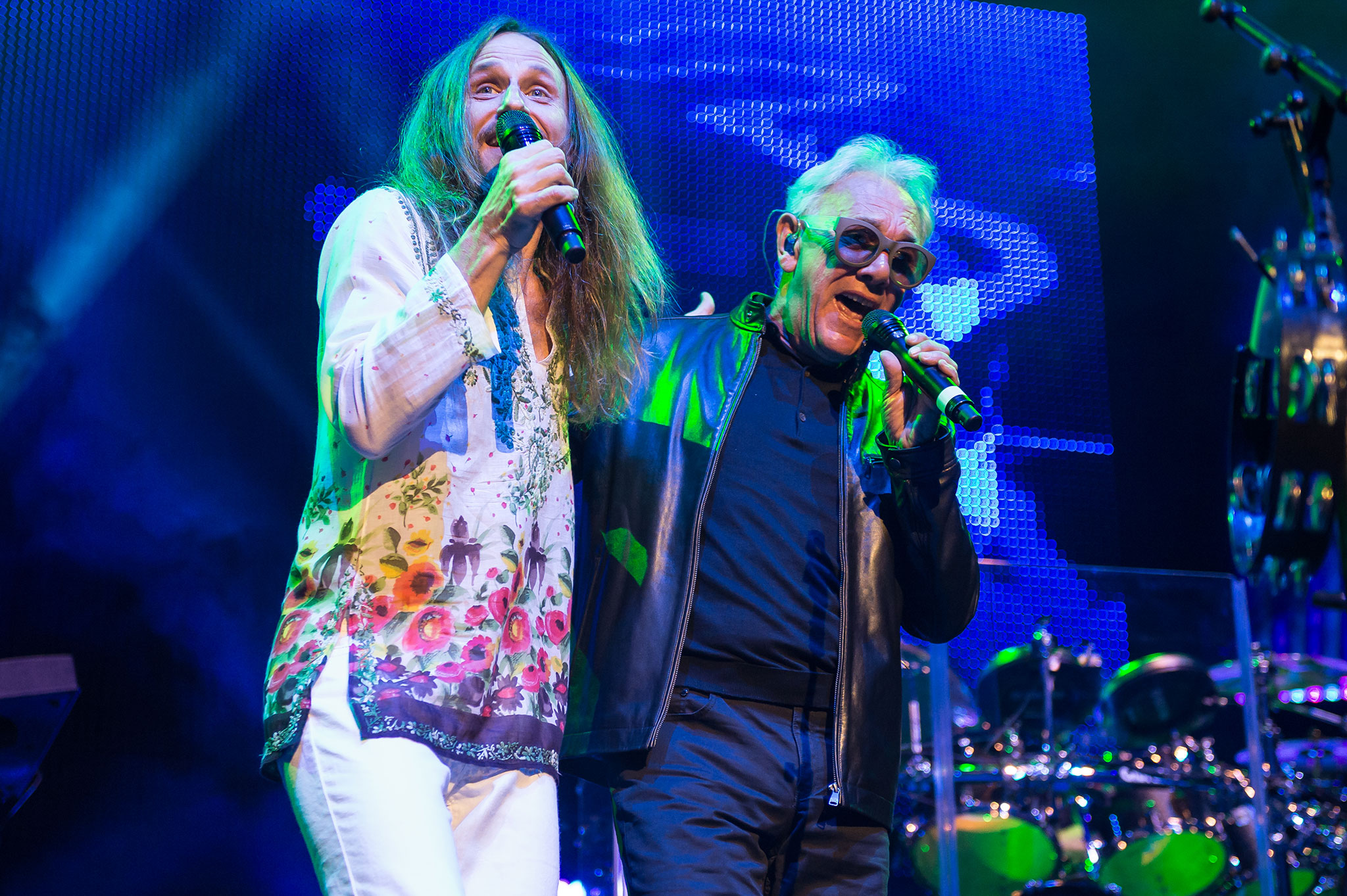
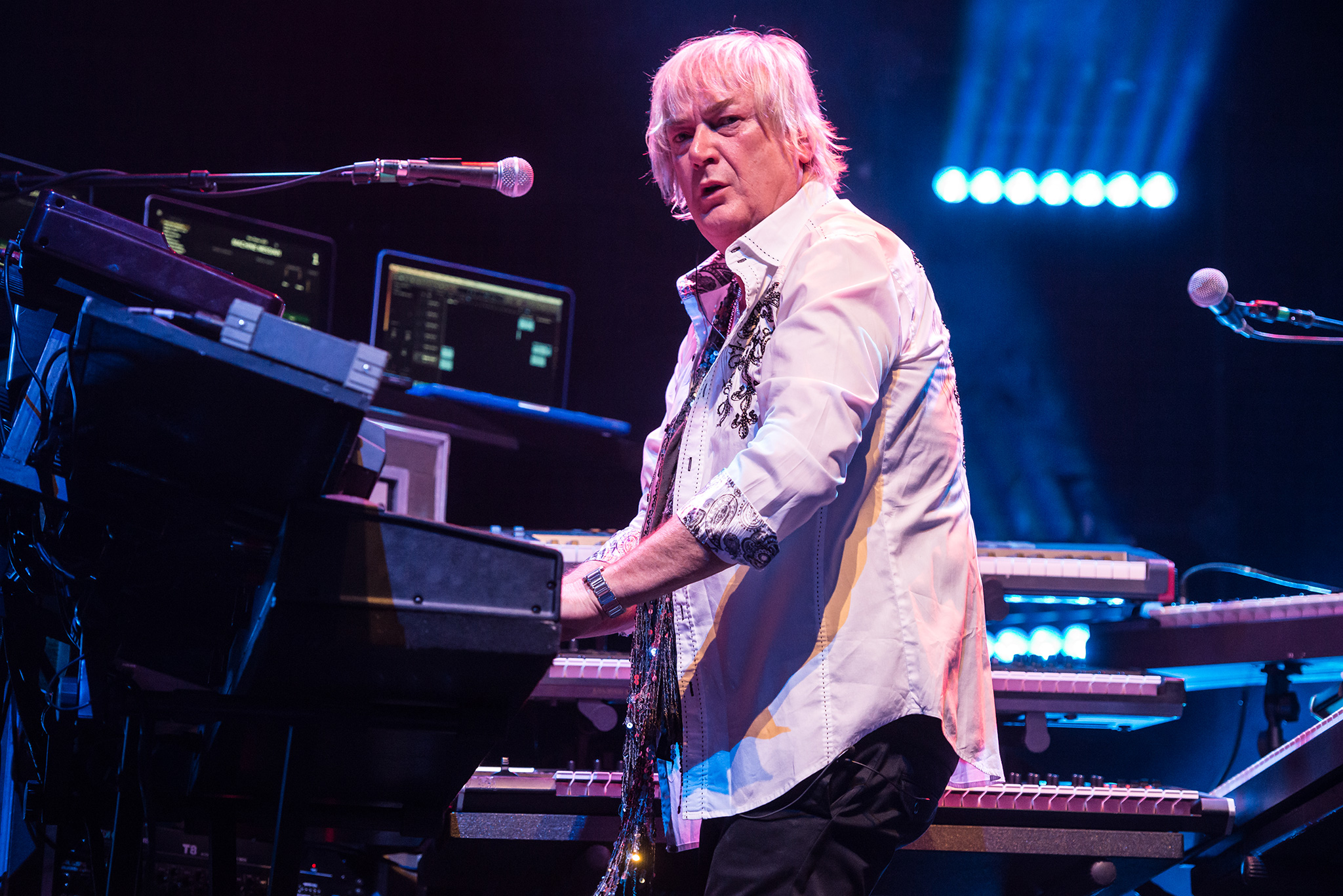
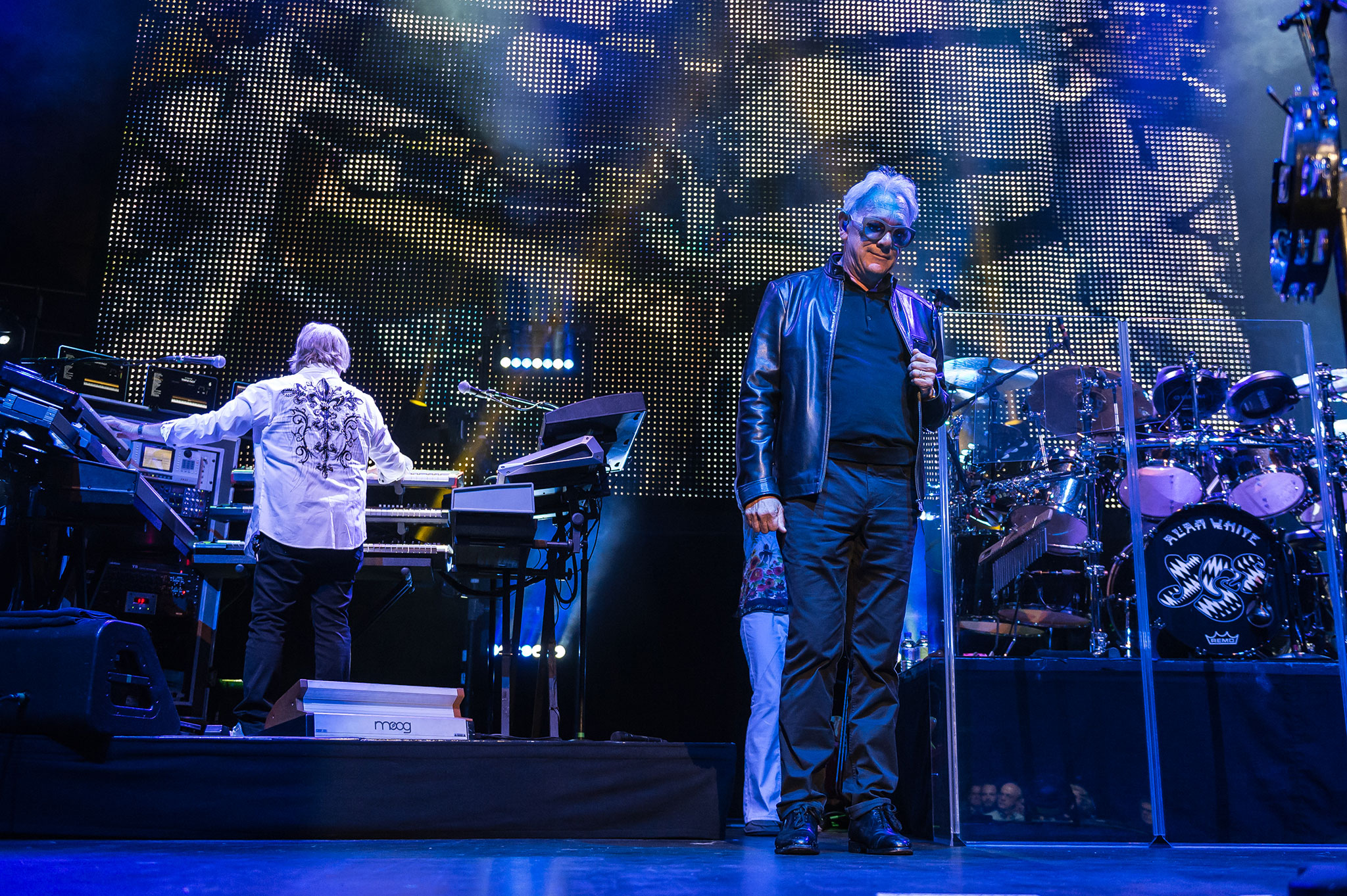
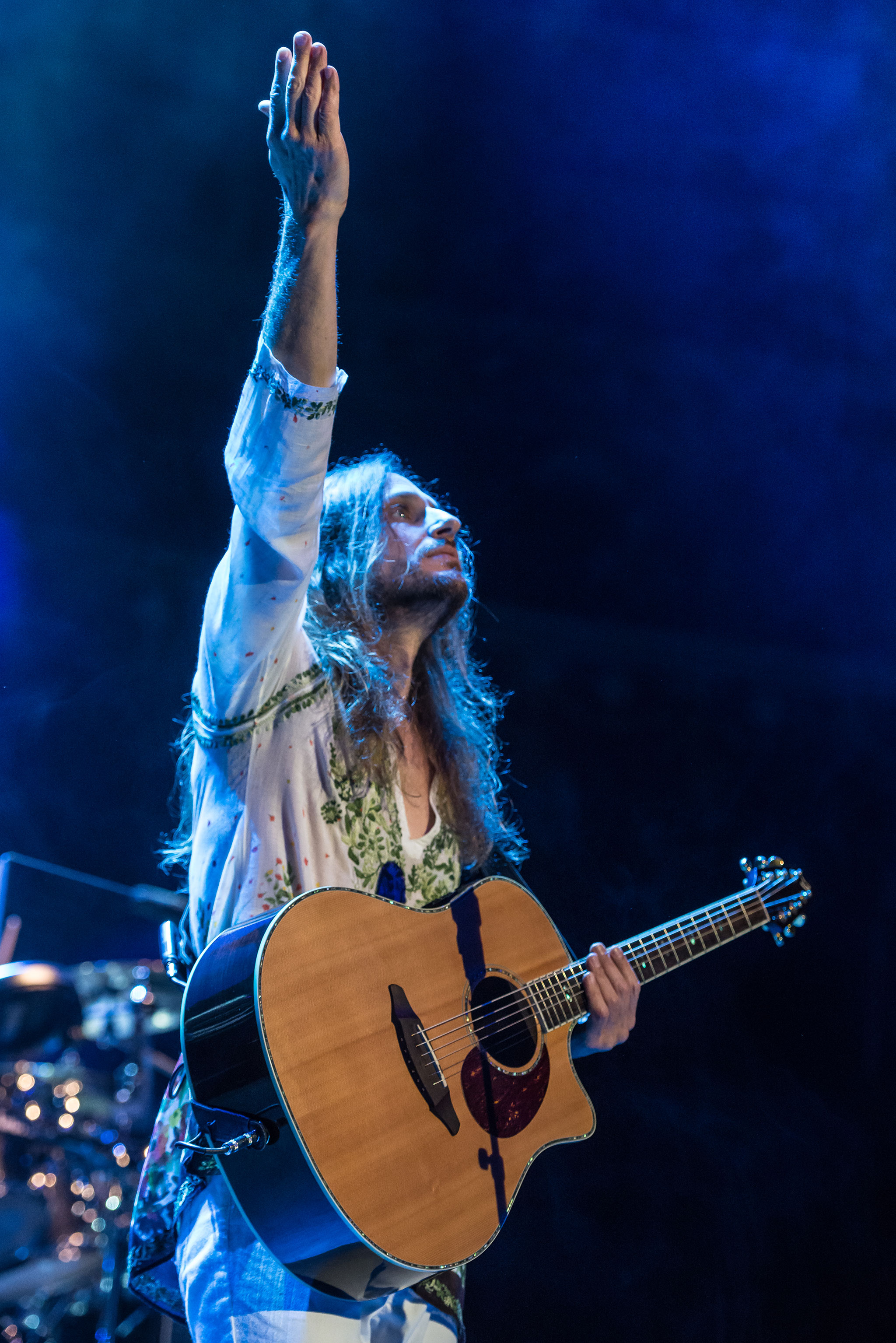
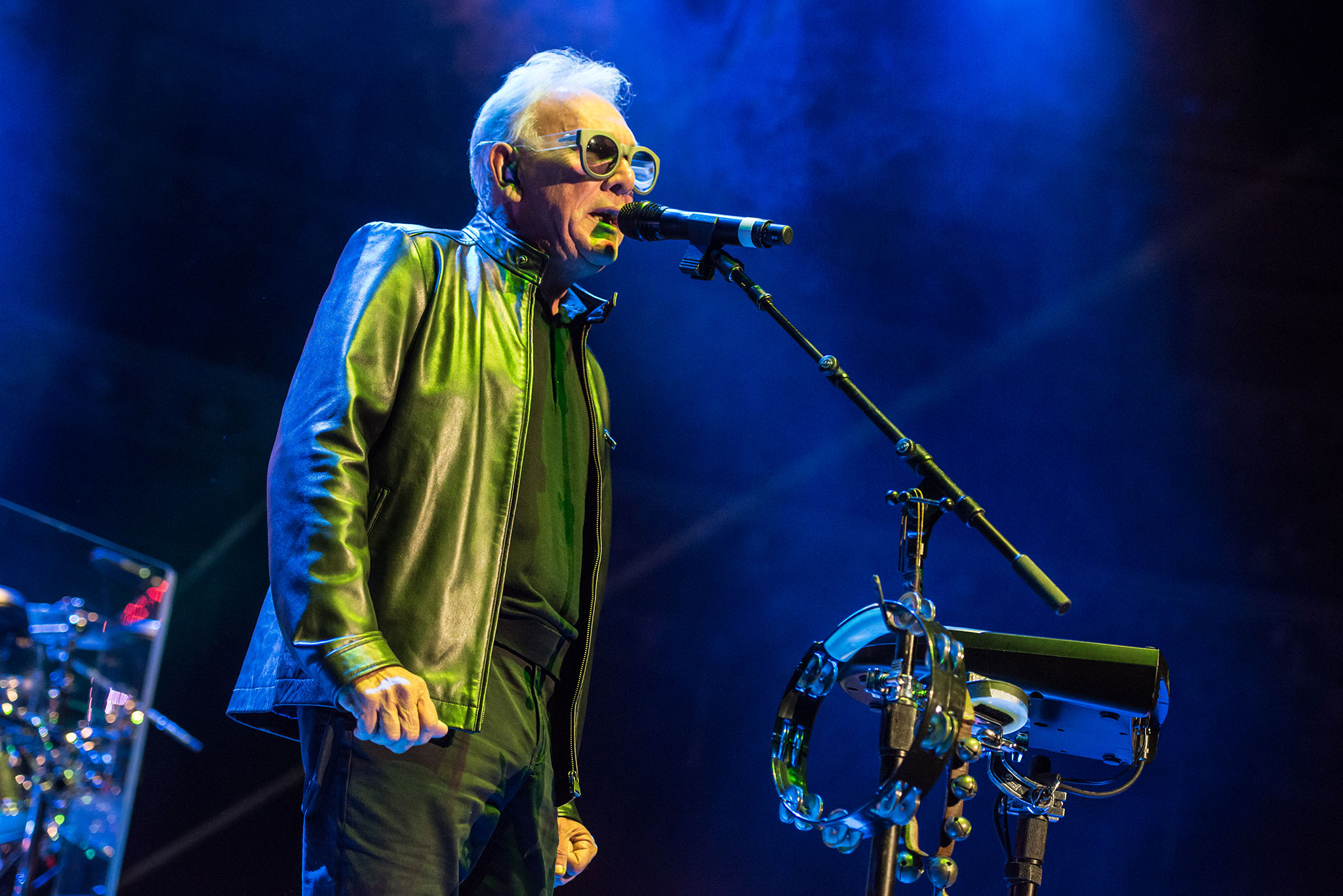
Paul Lester is the editor of Record Collector. He began freelancing for Melody Maker in the late 80s, and was later made Features Editor. He was a member of the team that launched Uncut Magazine, where he became Deputy Editor. In 2006 he went freelance again and has written for The Guardian, The Times, the Sunday Times, the Telegraph, Classic Rock, Q and the Jewish Chronicle. He has also written books on Oasis, Blur, Pulp, Bjork, The Verve, Gang Of Four, Wire, Lady Gaga, Robbie Williams, the Spice Girls, and Pink.
